African Traditional Cultural Faith
ENZIKIRIZA Y'ABADUGAVU ABABONESEBWA FOUNDATION (The African Traditional faith) is dedicated to preserving and promoting African traditional beliefs that existed way back before the coming of other indigenous religions.
Meet our esteemed spiritual leader who guides the foundation in preserving and promoting African traditional cultural faith through wisdom, dedication, and unwavering commitment to our ancestral heritage.
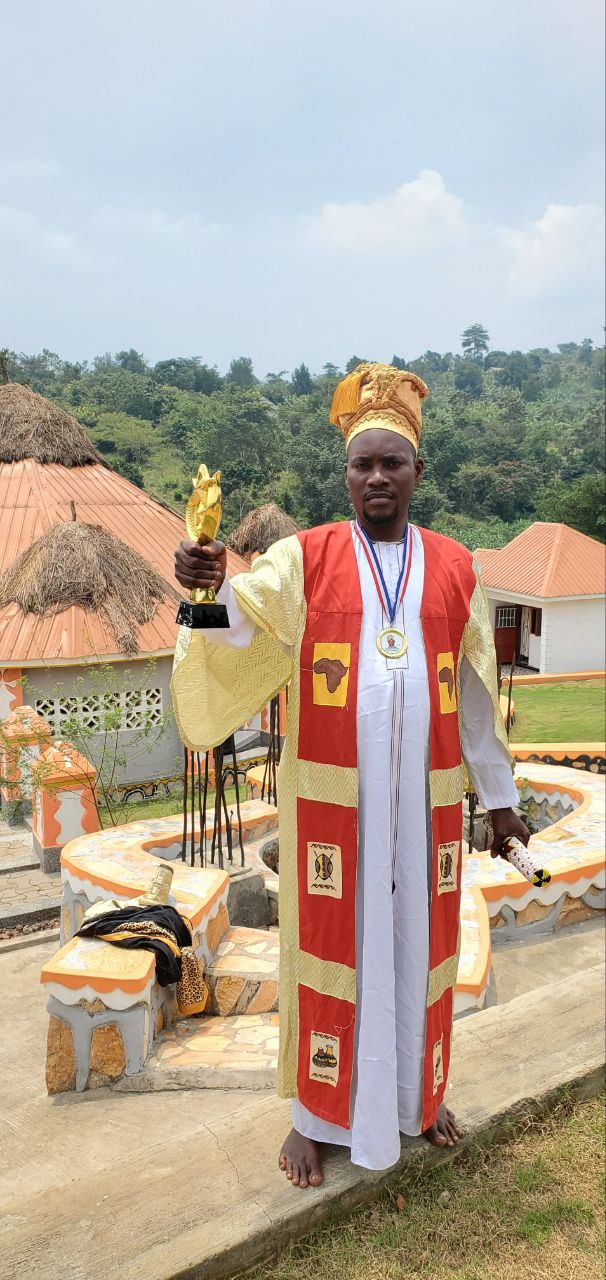
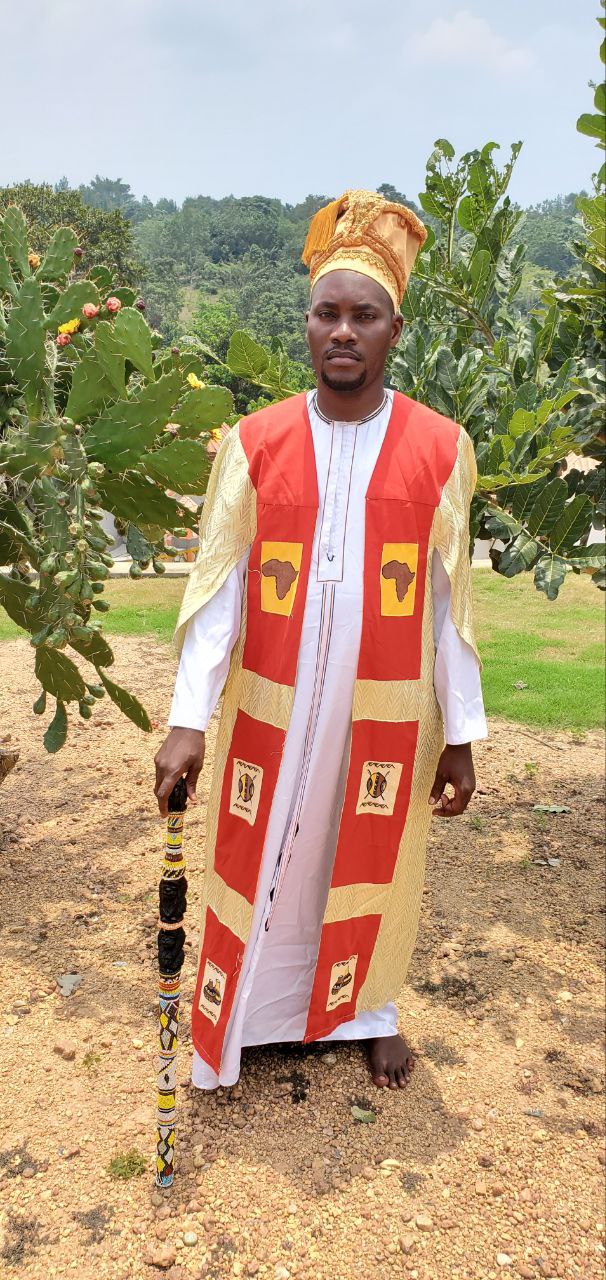
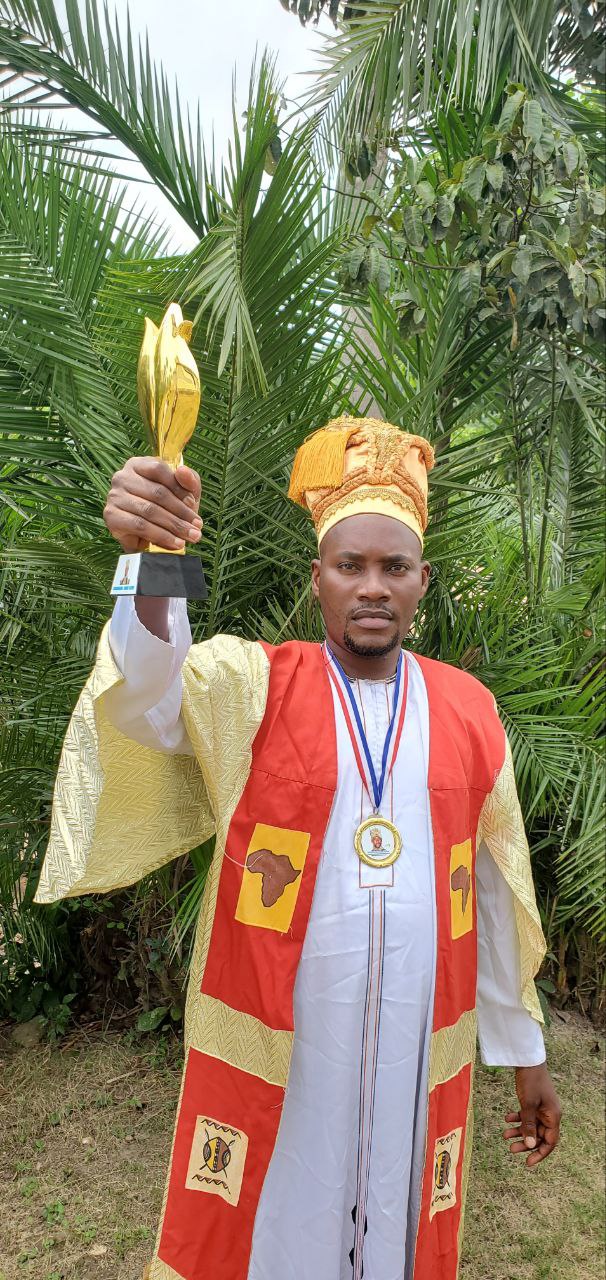
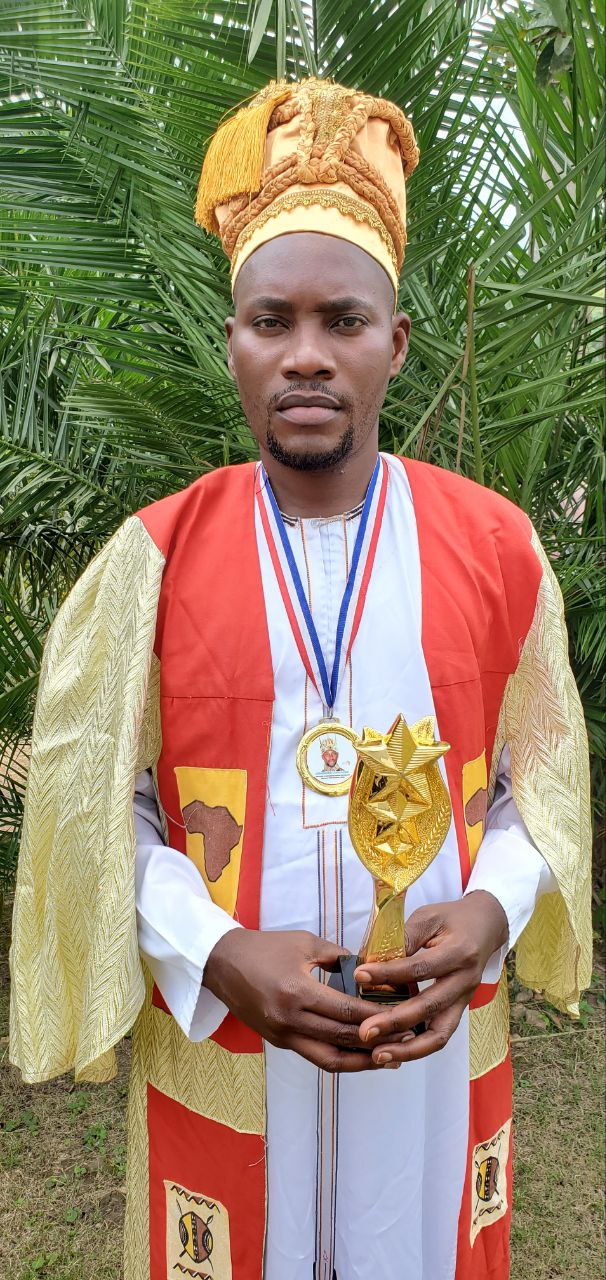
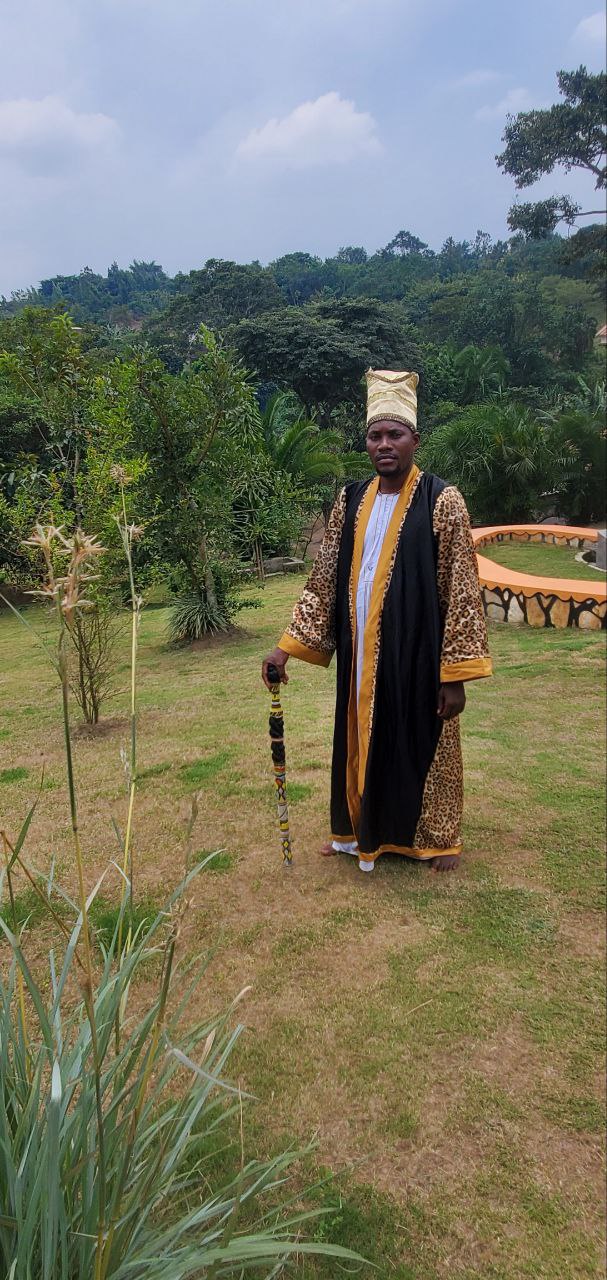
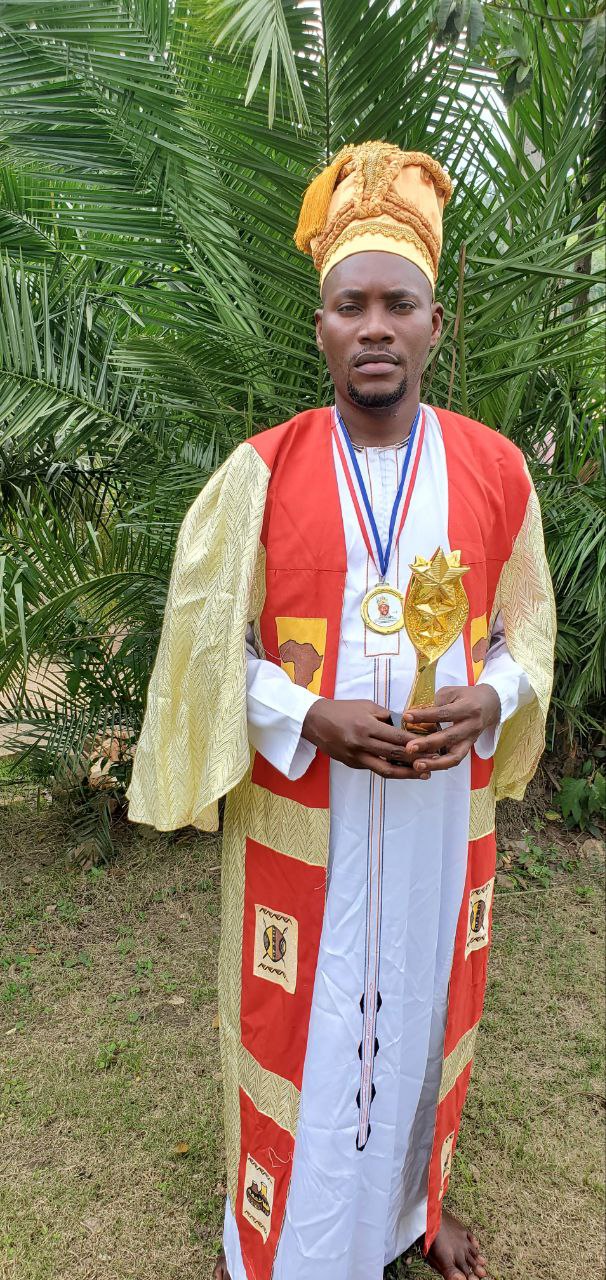
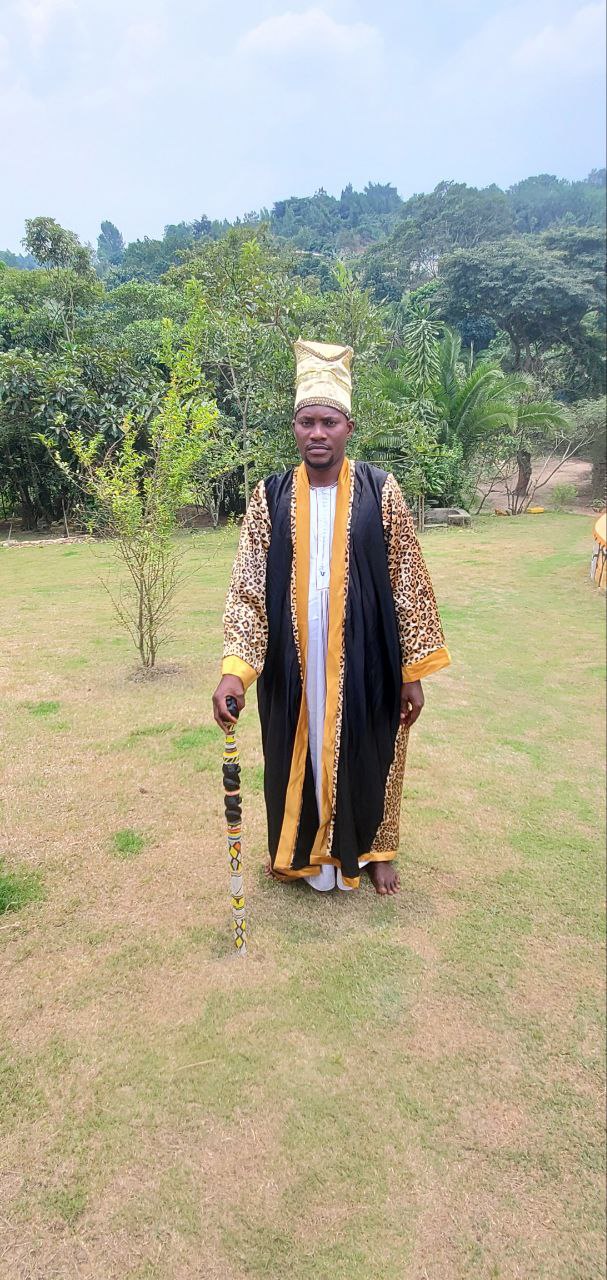
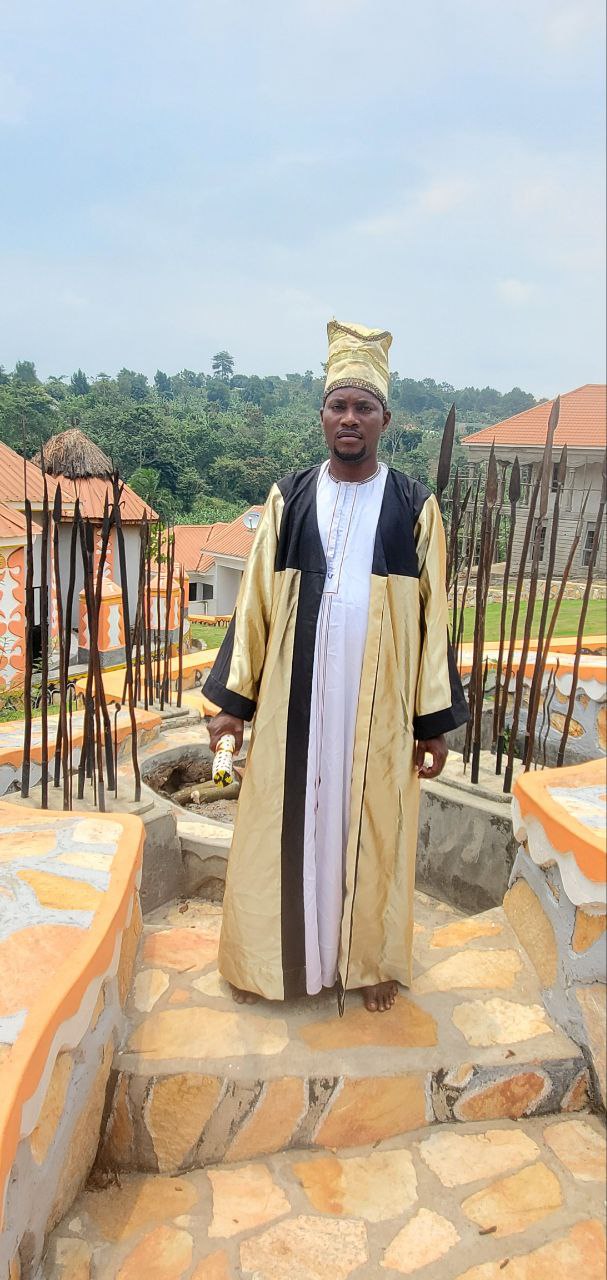










Photo Gallery
These cherished moments were captured during our end of year celebrations from 31st December 2025 to 1st January 2026, as we gathered in prayer to thank God for His abundant blessings throughout the year.
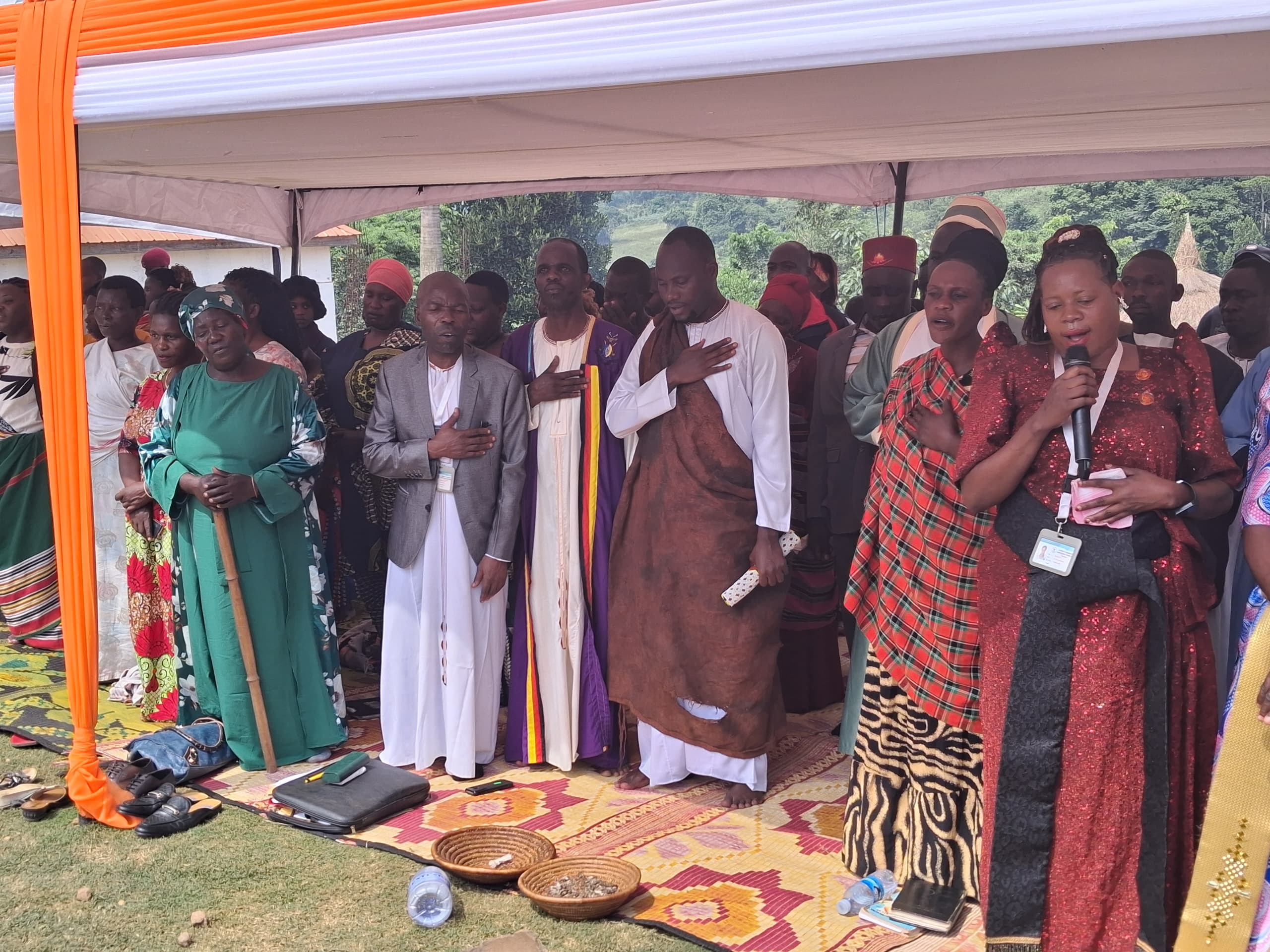

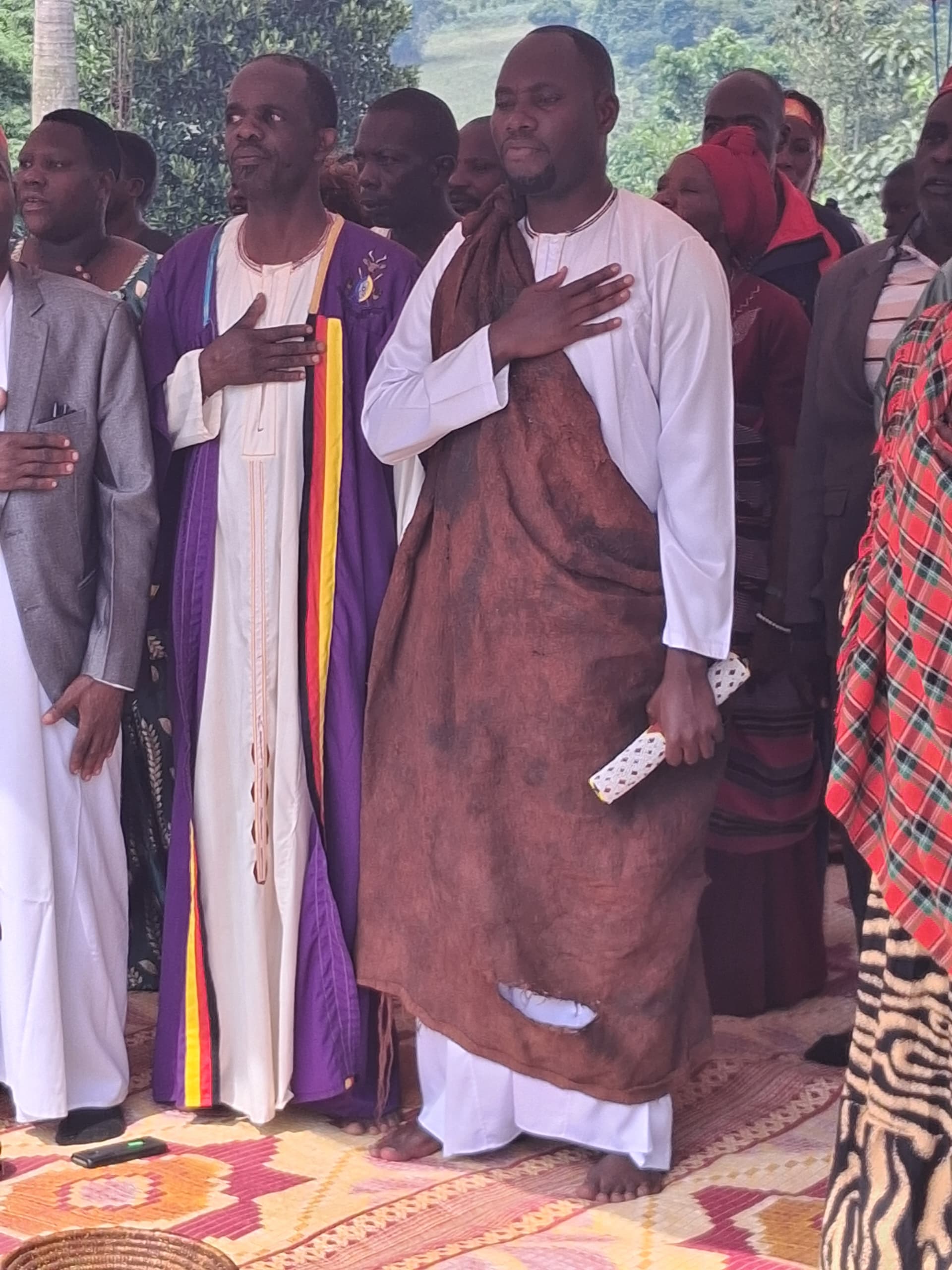
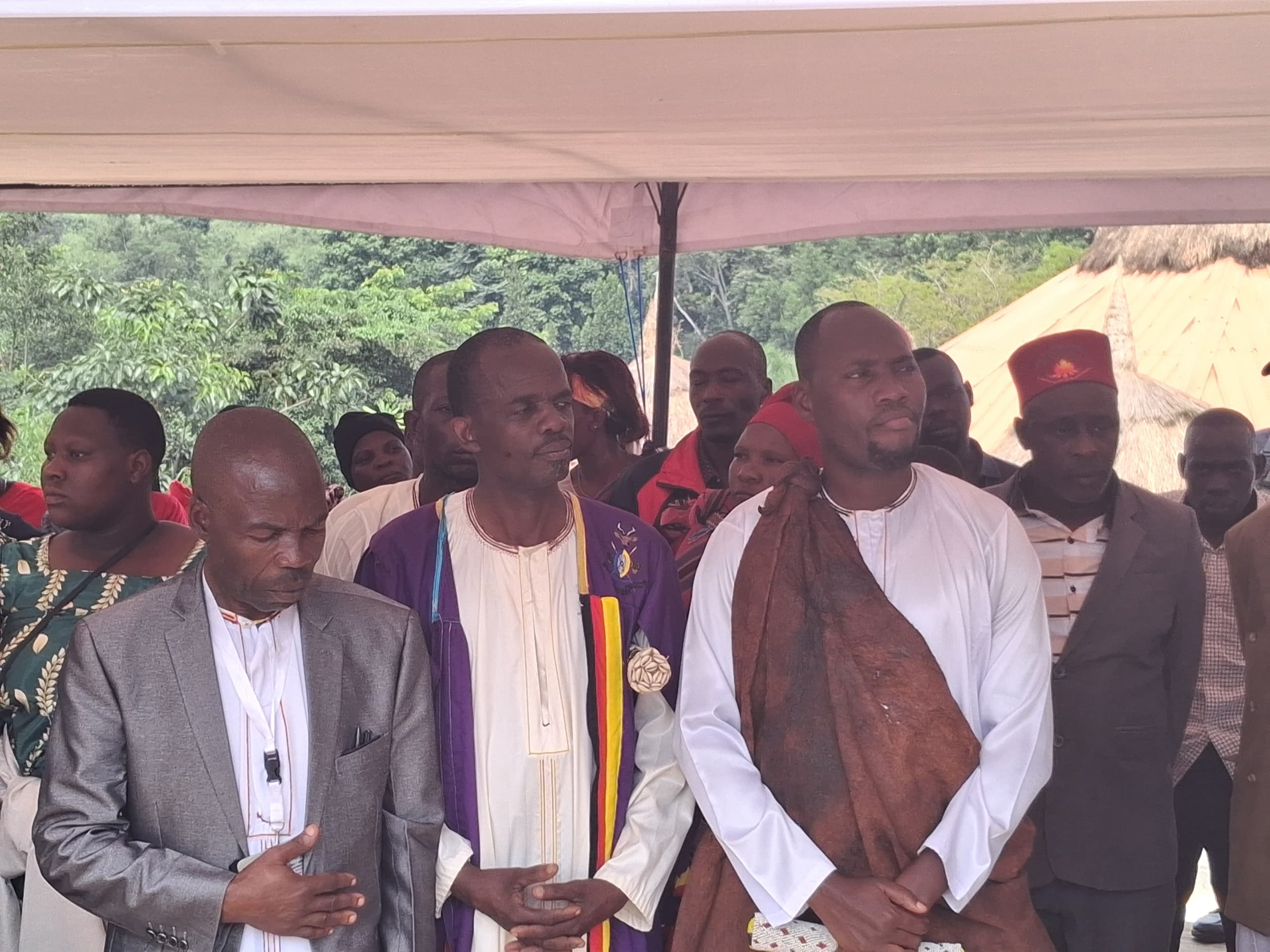
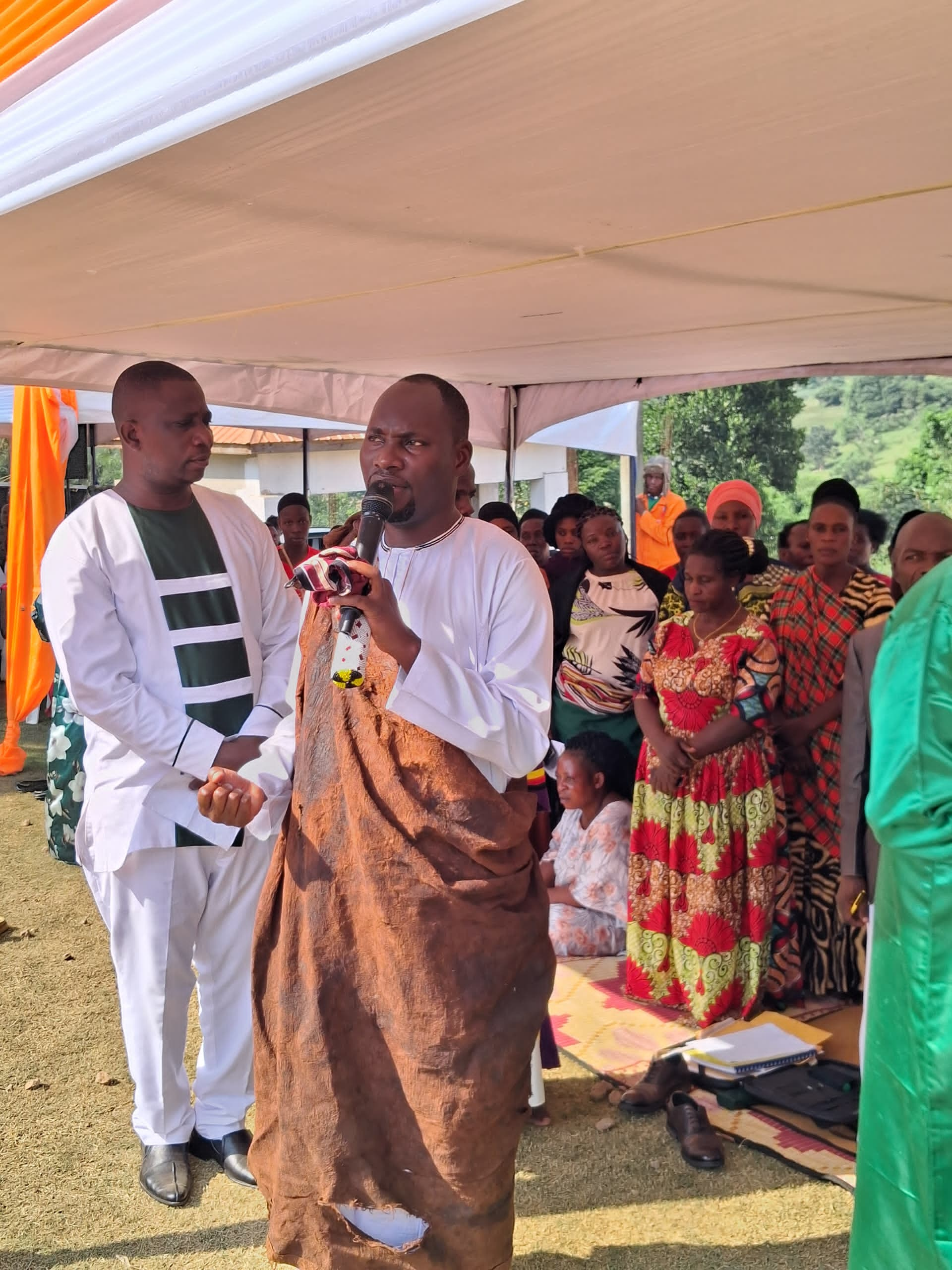
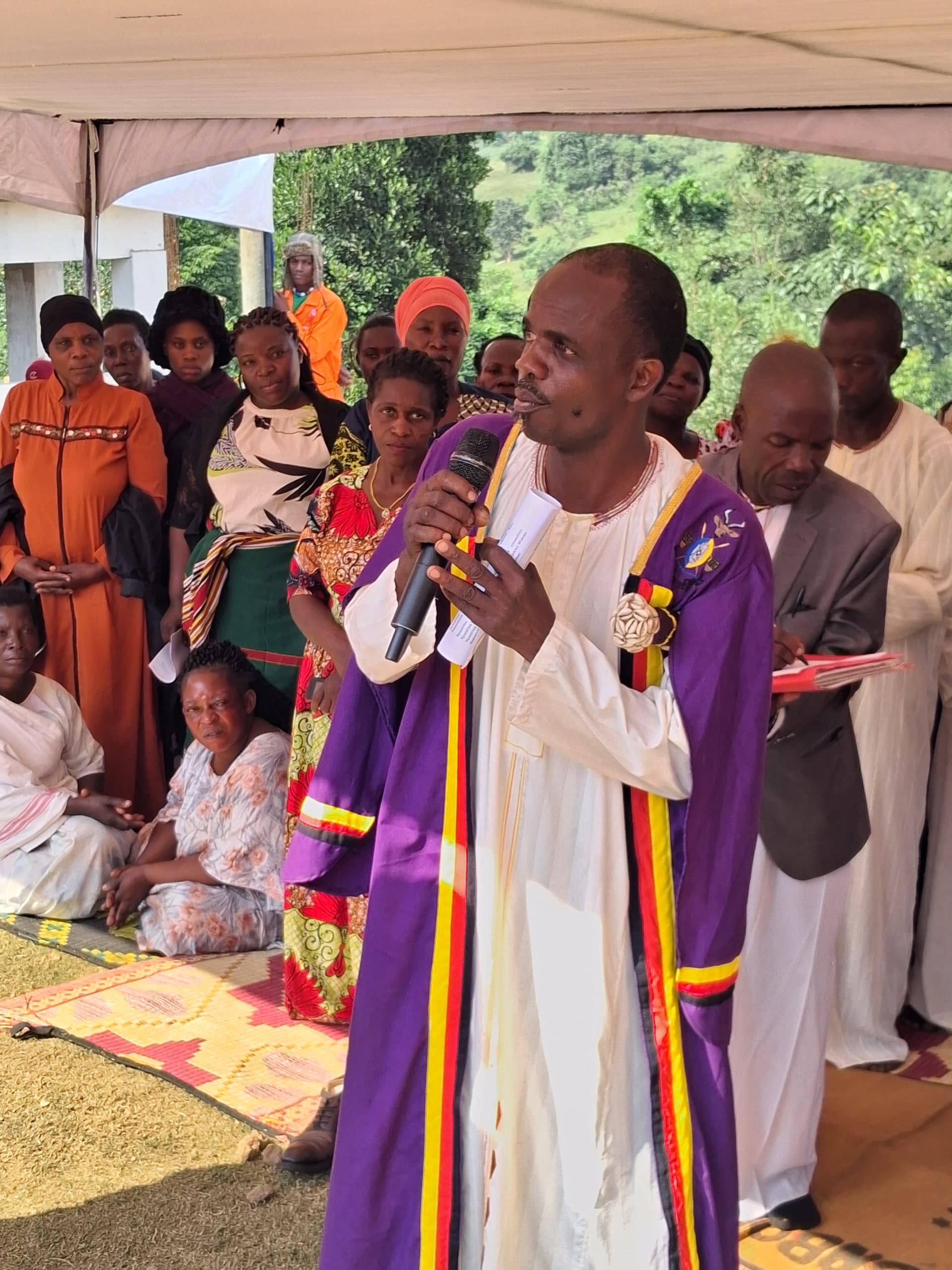
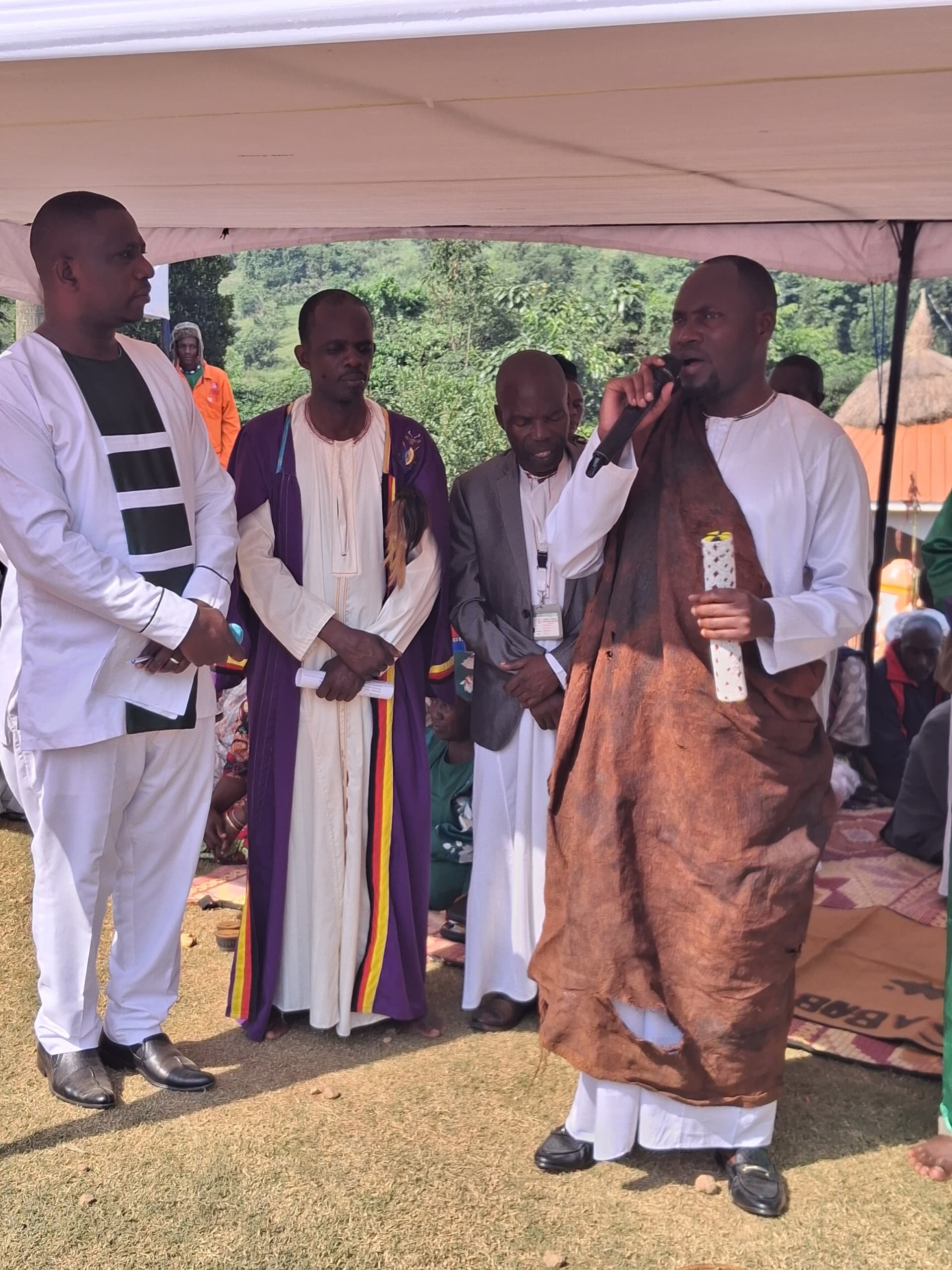
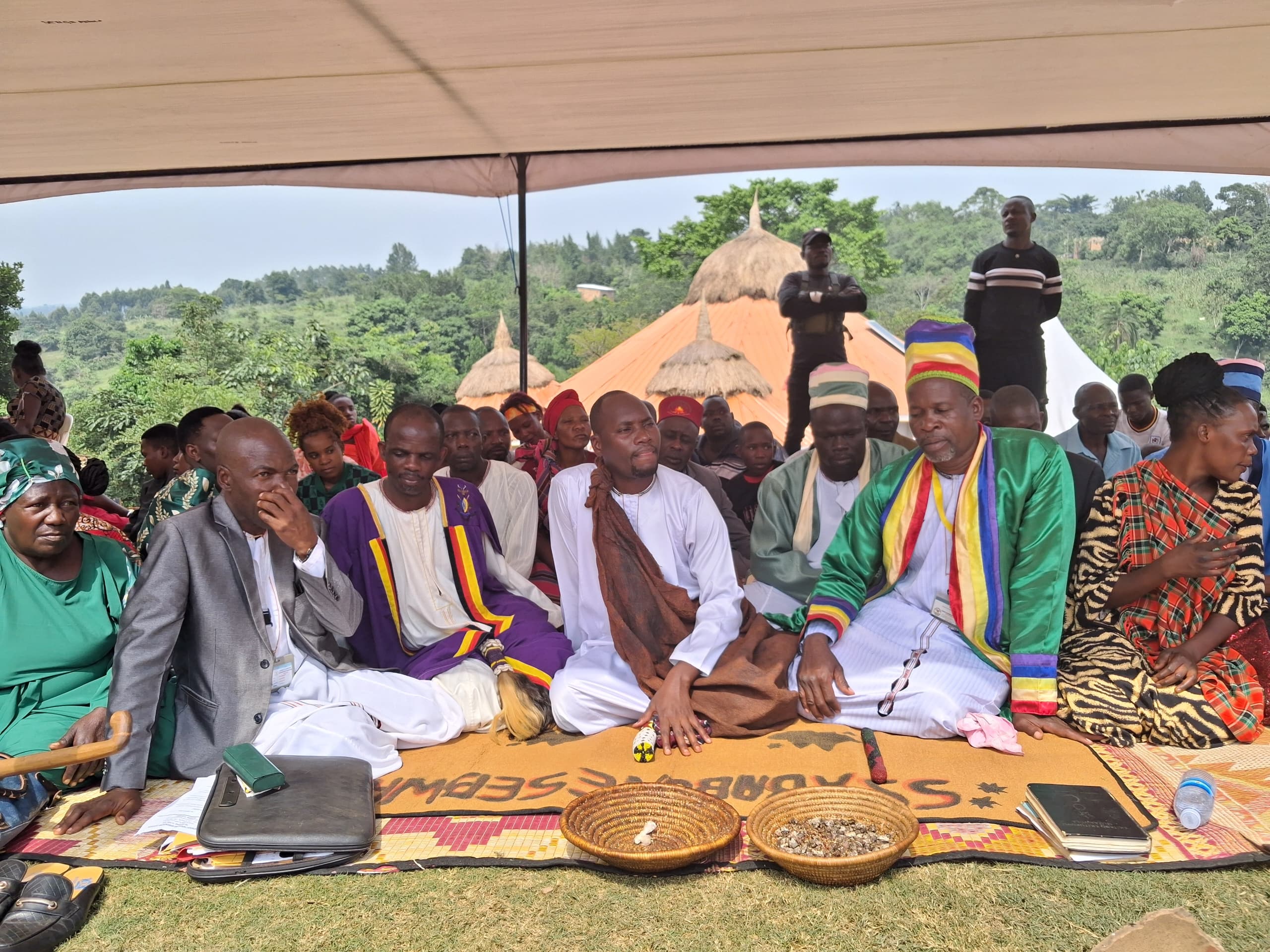
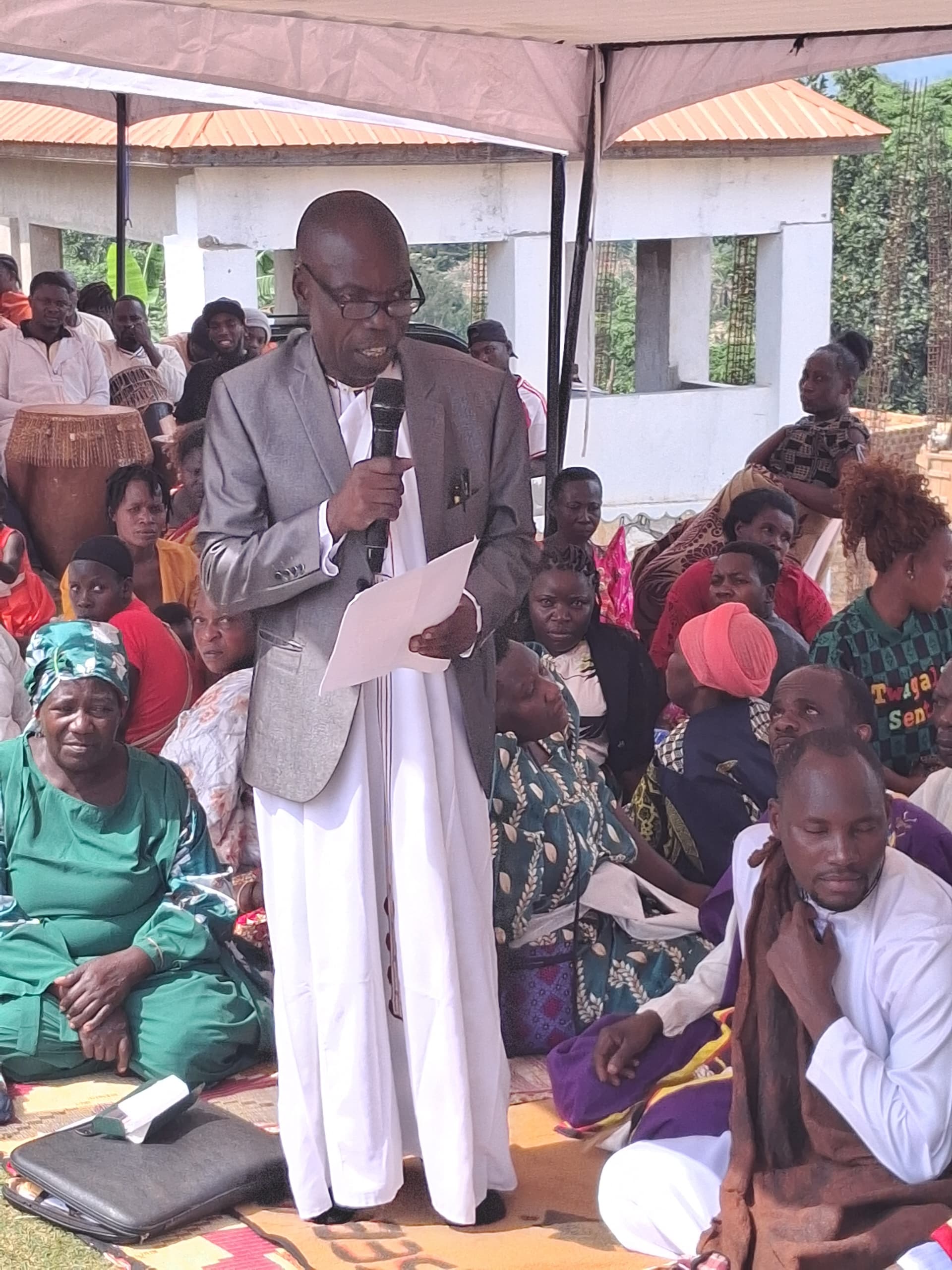
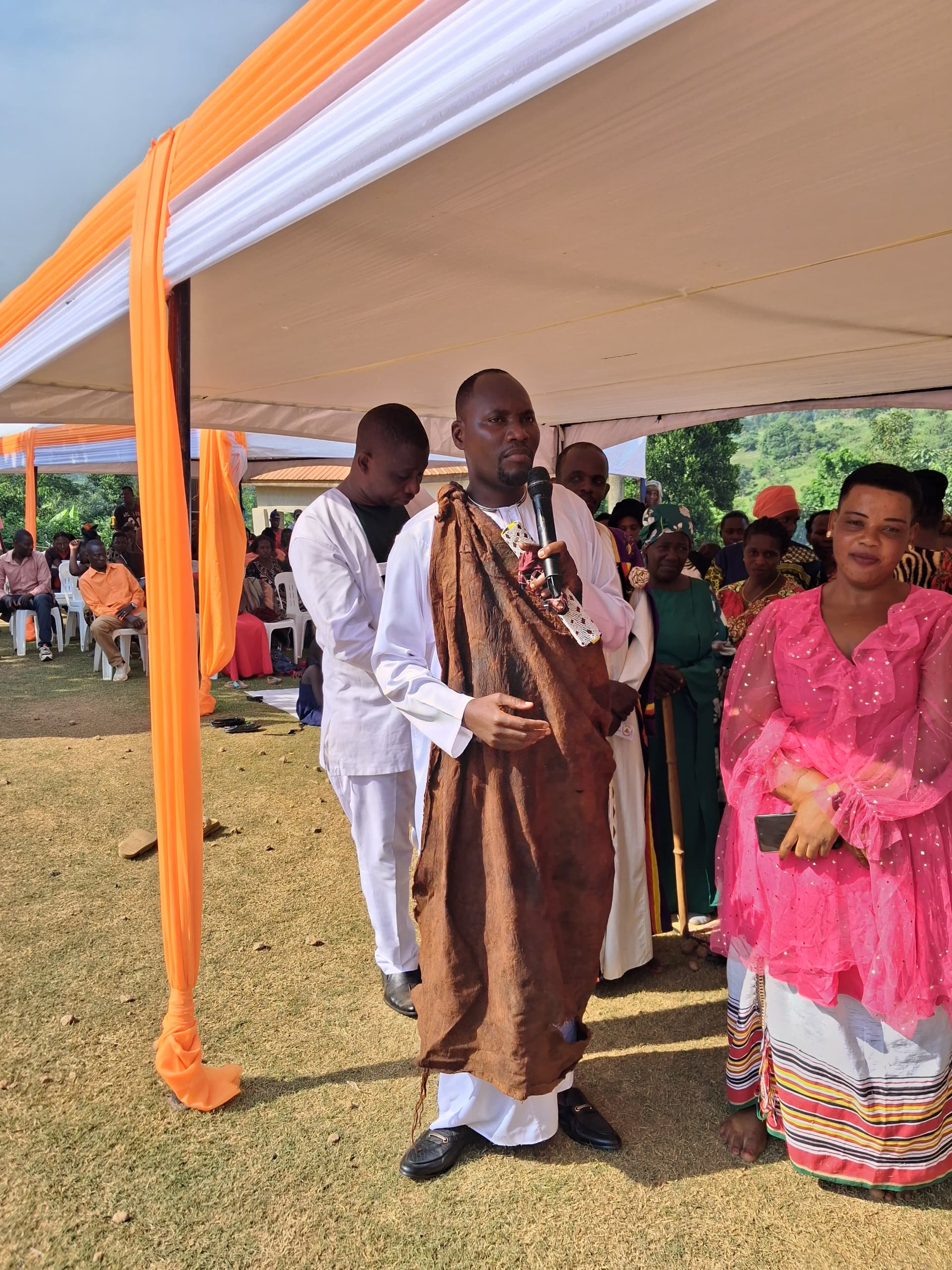

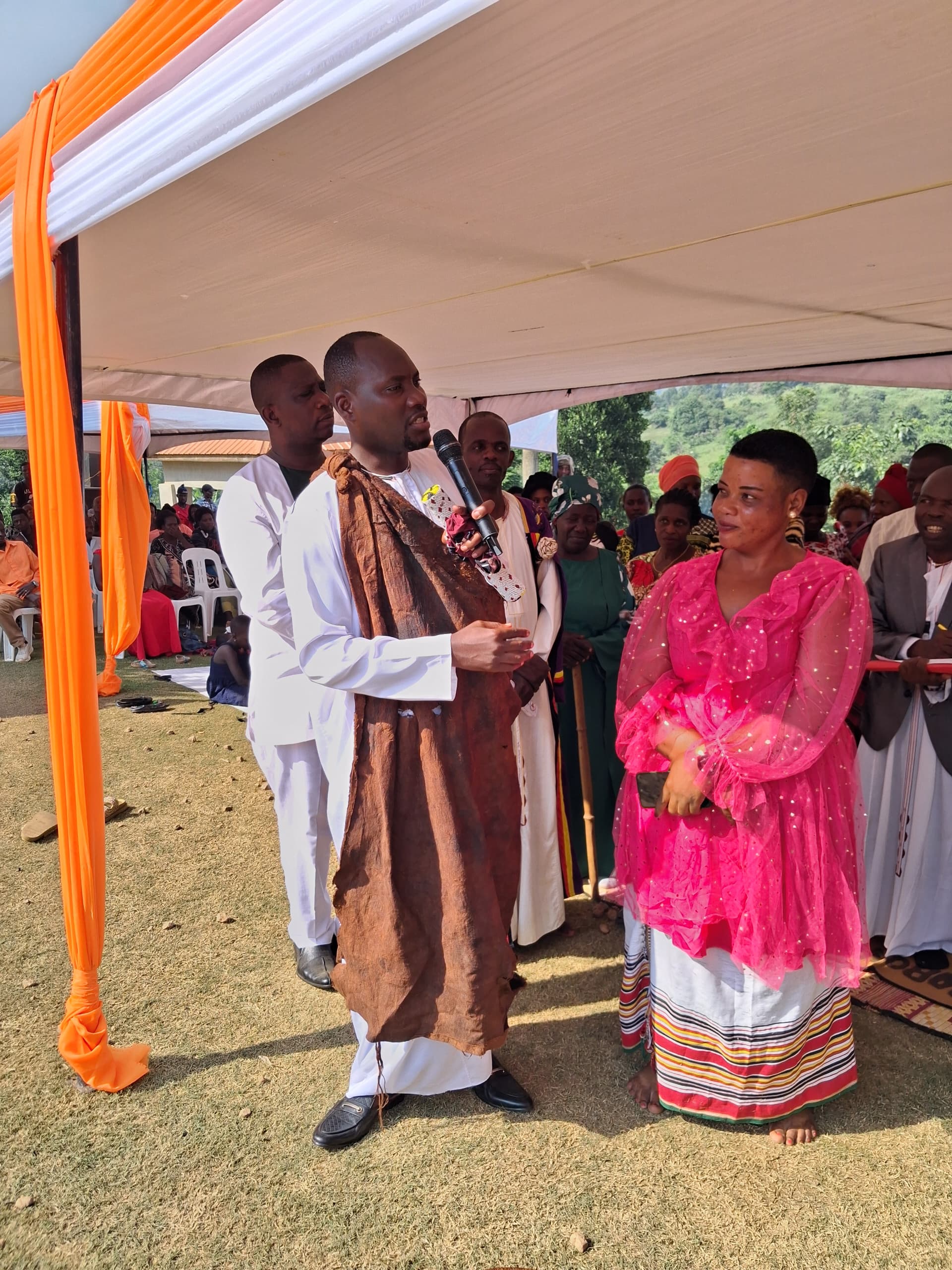

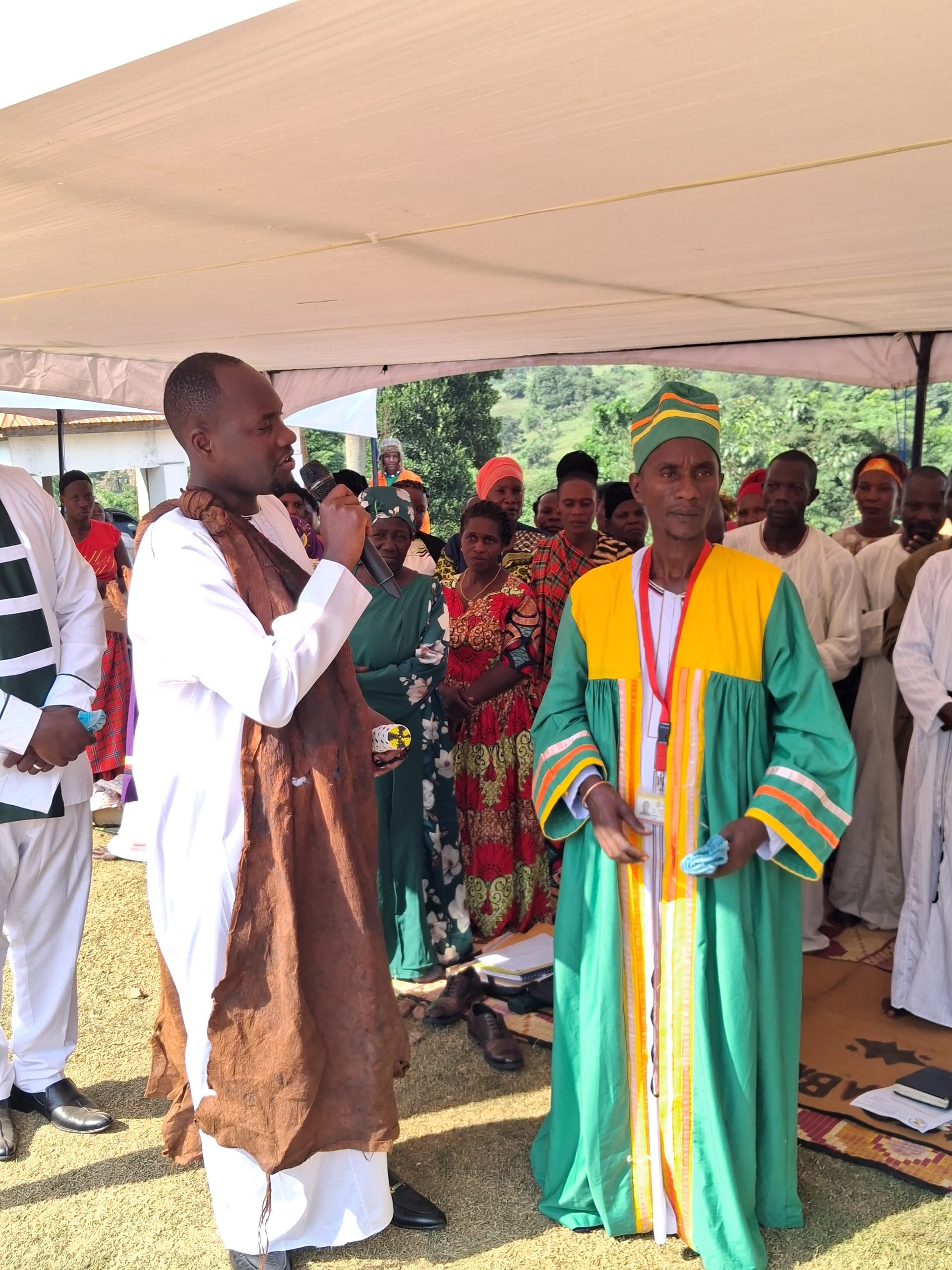














Official Announcement
Enzikiriza Yabadugavu Ababonesebwa Foundation Africa Faith
End of Year Prayers and Activities on 31st December 2025
Greetings to all believers, leaders, and followers of the Enzikiriza Yabadugavu Ababonesebwa Faith.
This is to officially announce that our End of Year Prayers will take place on 31st December 2025 at our Faith Headquarters in Nansomba, Wakiso District.
As a Faith, we shall gather to thank God for the year 2025, to praise Him for the gift of life, and to glorify Him for the new achievements and blessings He has granted us throughout this year.
Start: 31st December 2025 at 10:00 AM
Duration: Throughout the night until 1st January 2026 morning
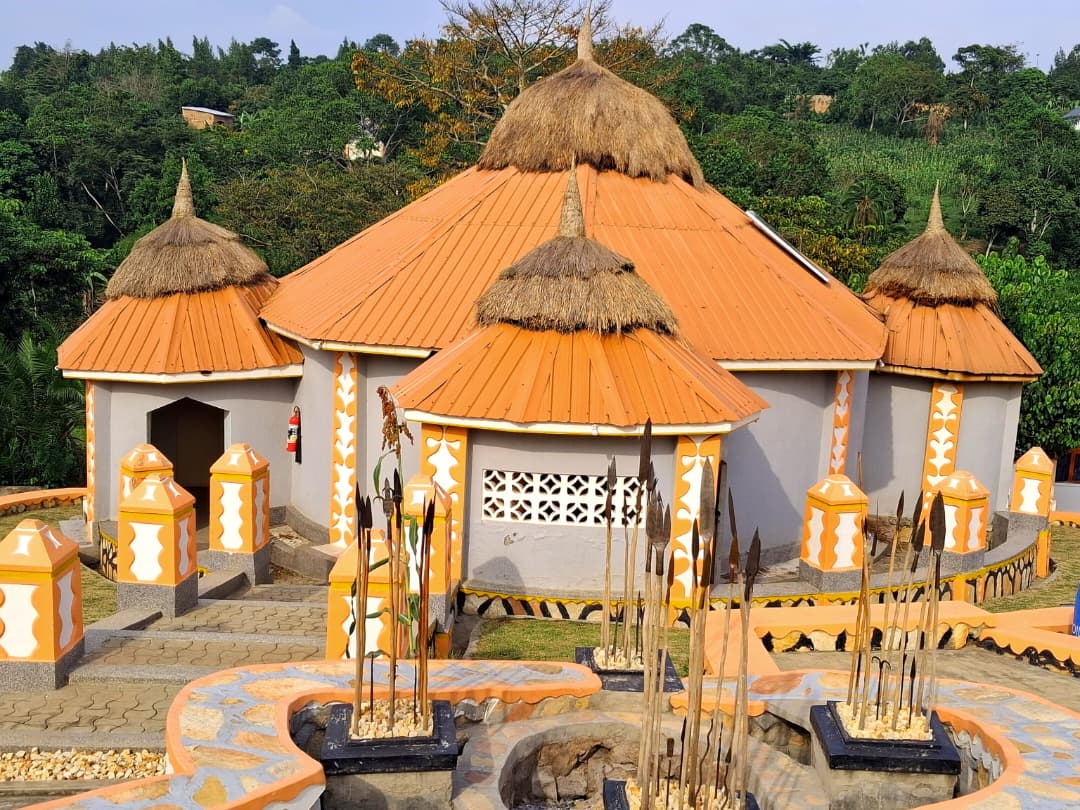
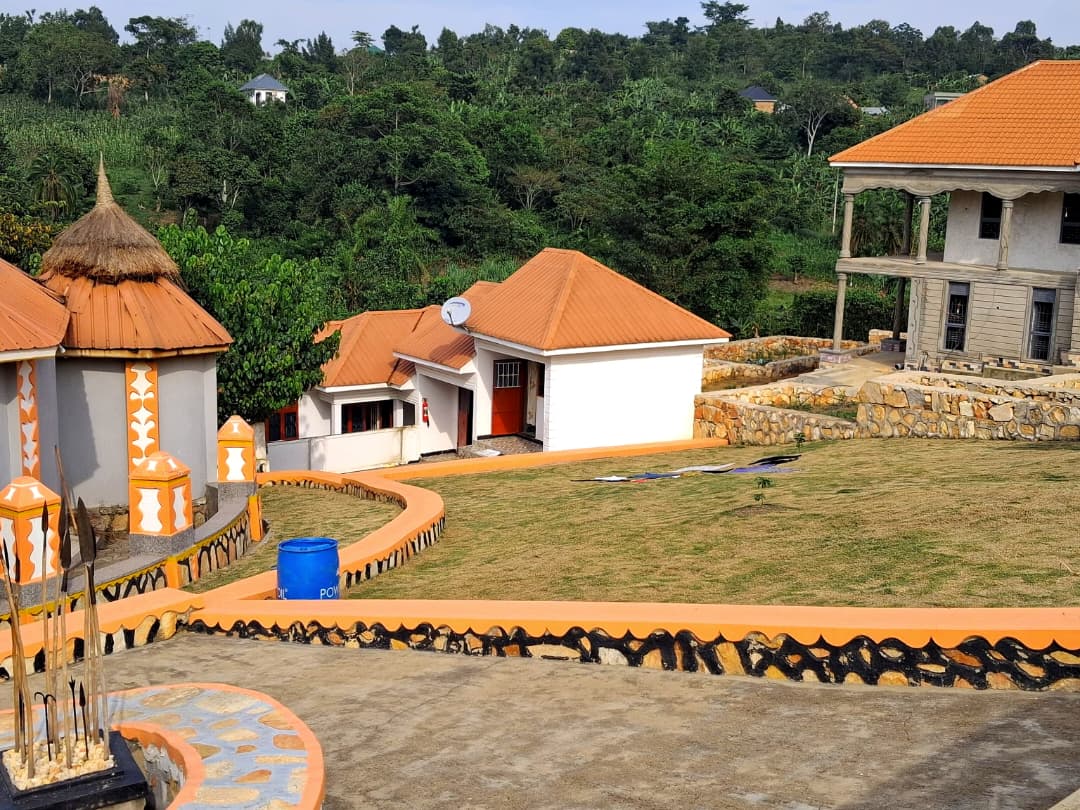
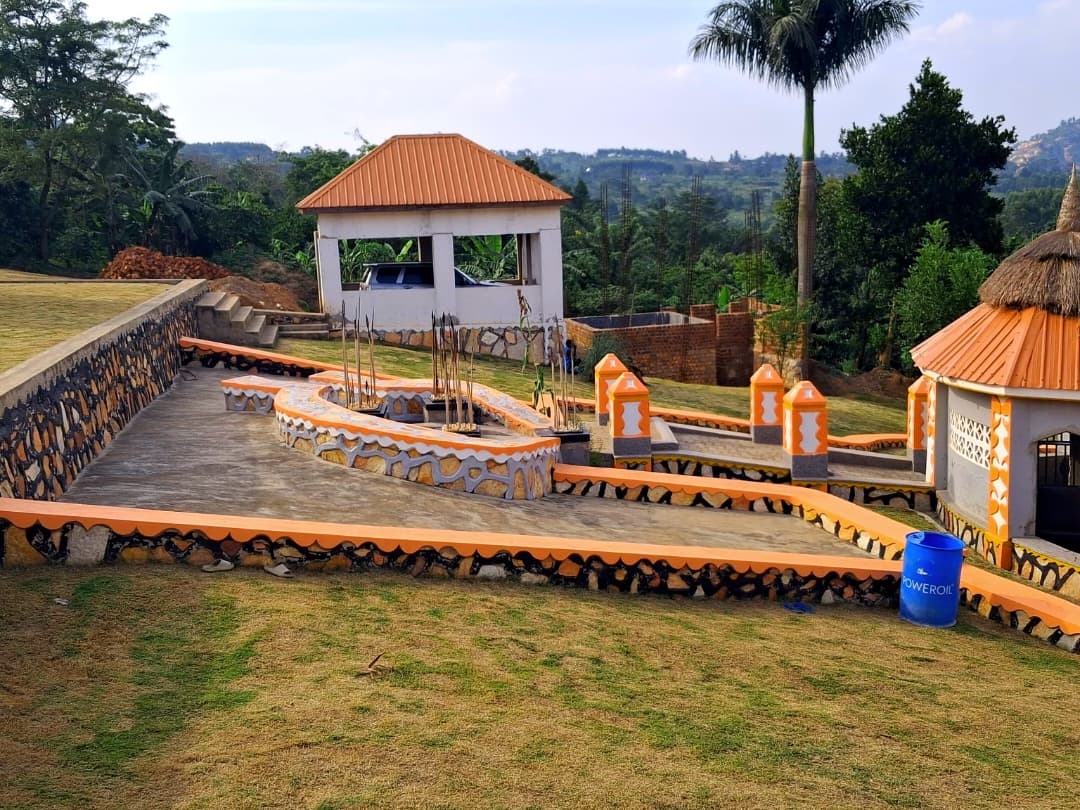
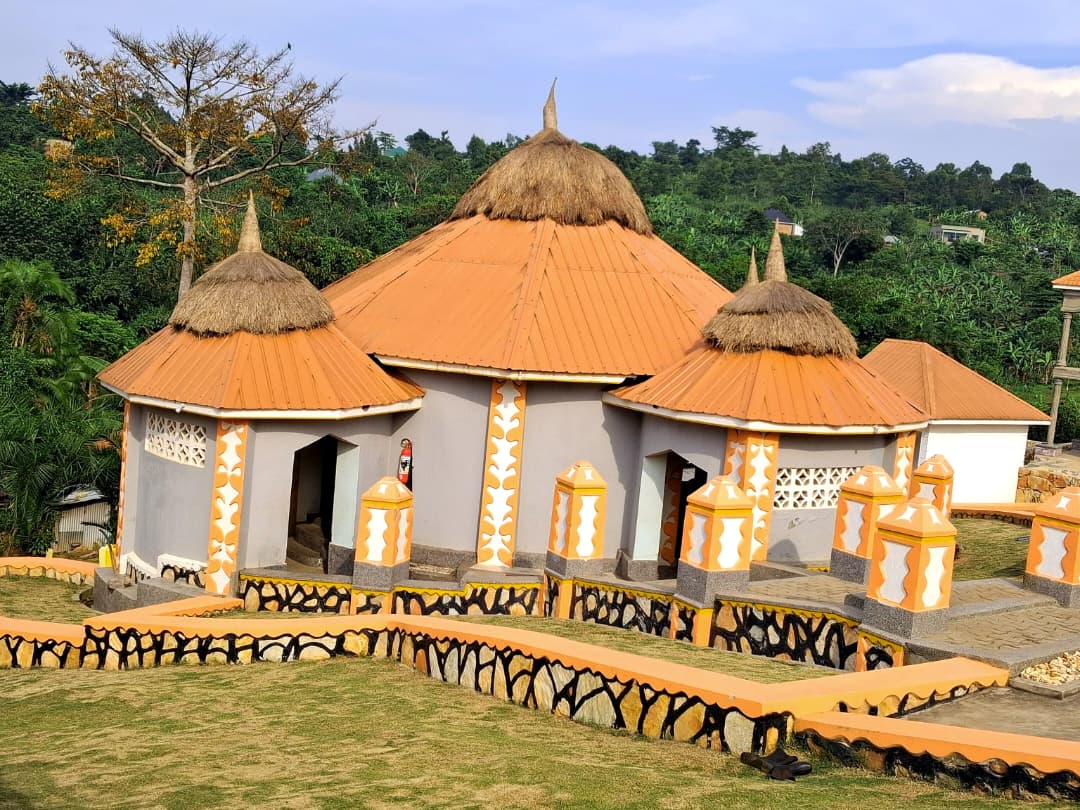
Uplifting worship and praise sessions
Reading of achievements and milestones
Recognizing Best Leaders of 2025
Welcoming new members to the faith
Parish to District level selections
Comprehensive reports analysis
Laying new strategies and developmental projects for the coming year
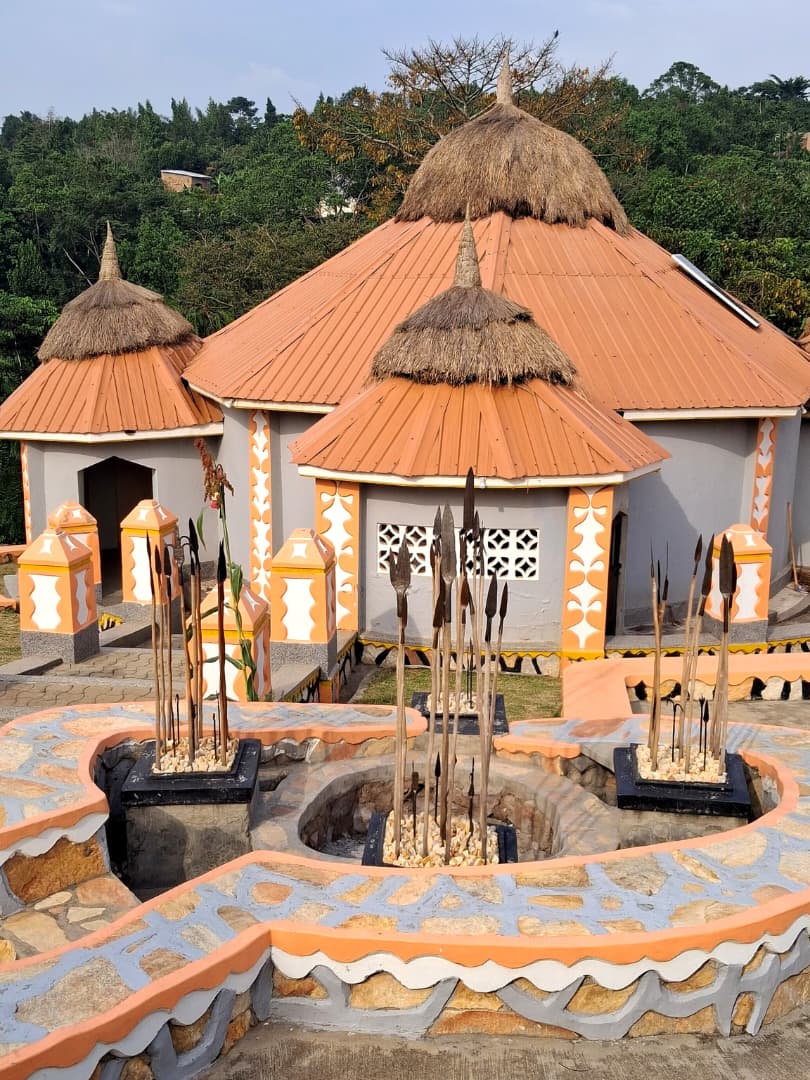
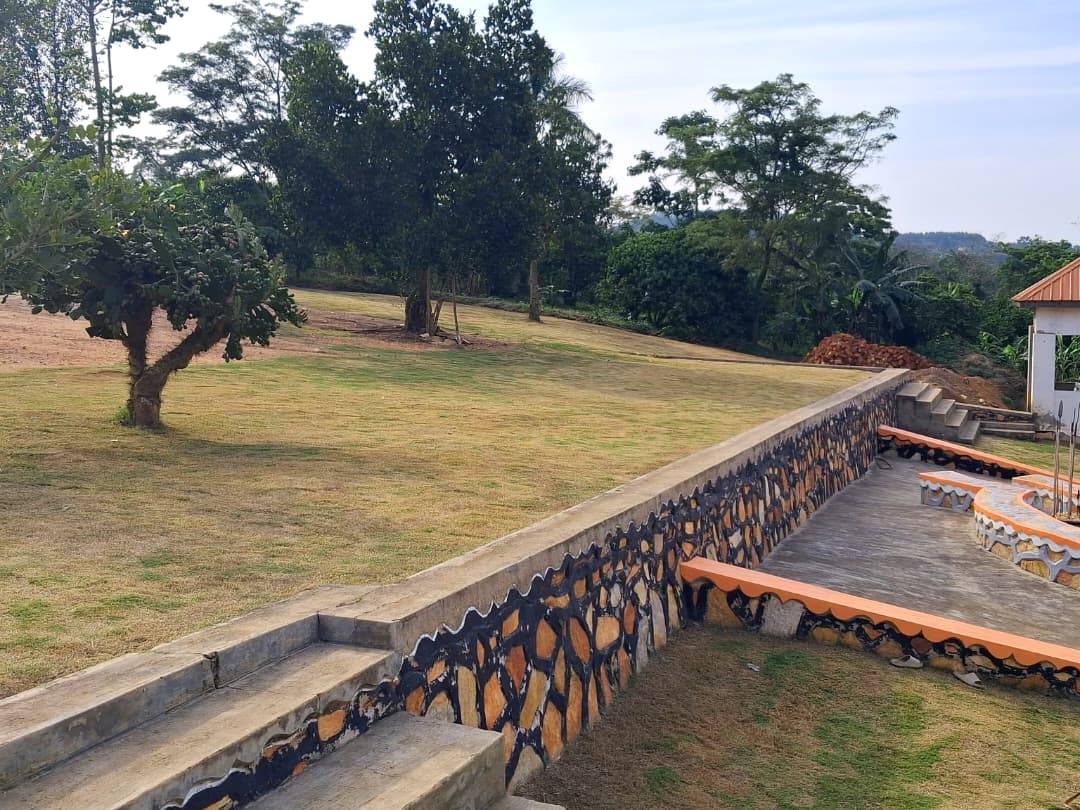
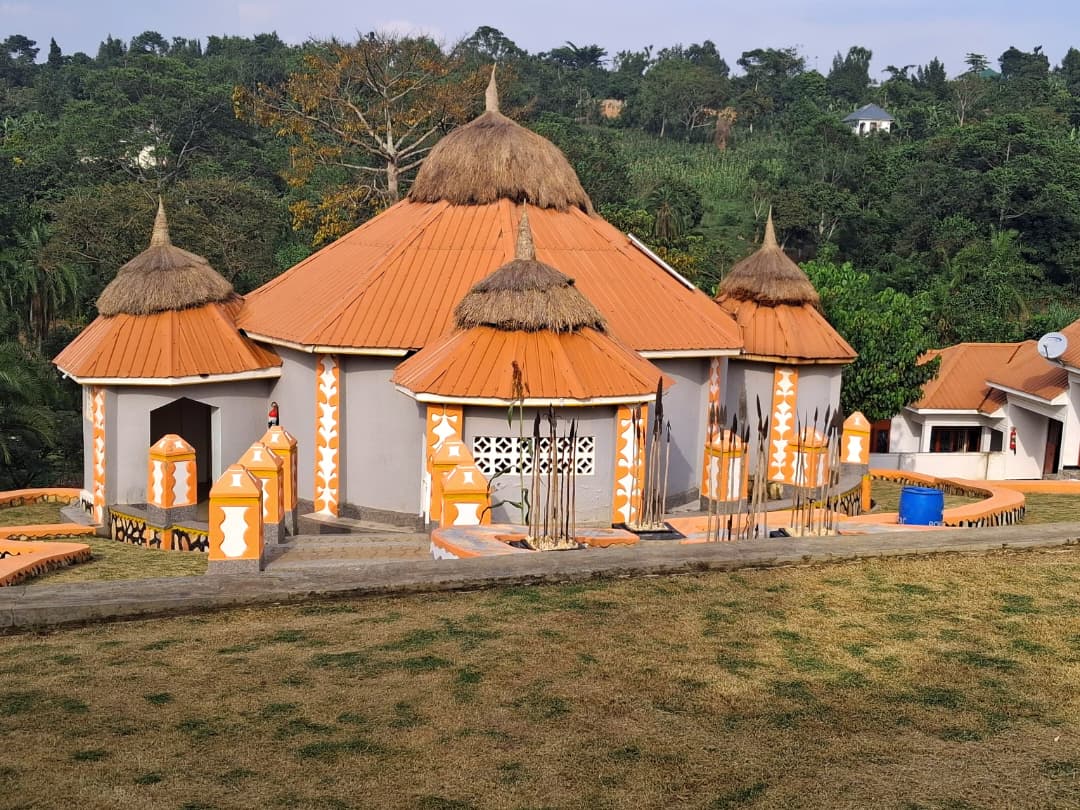
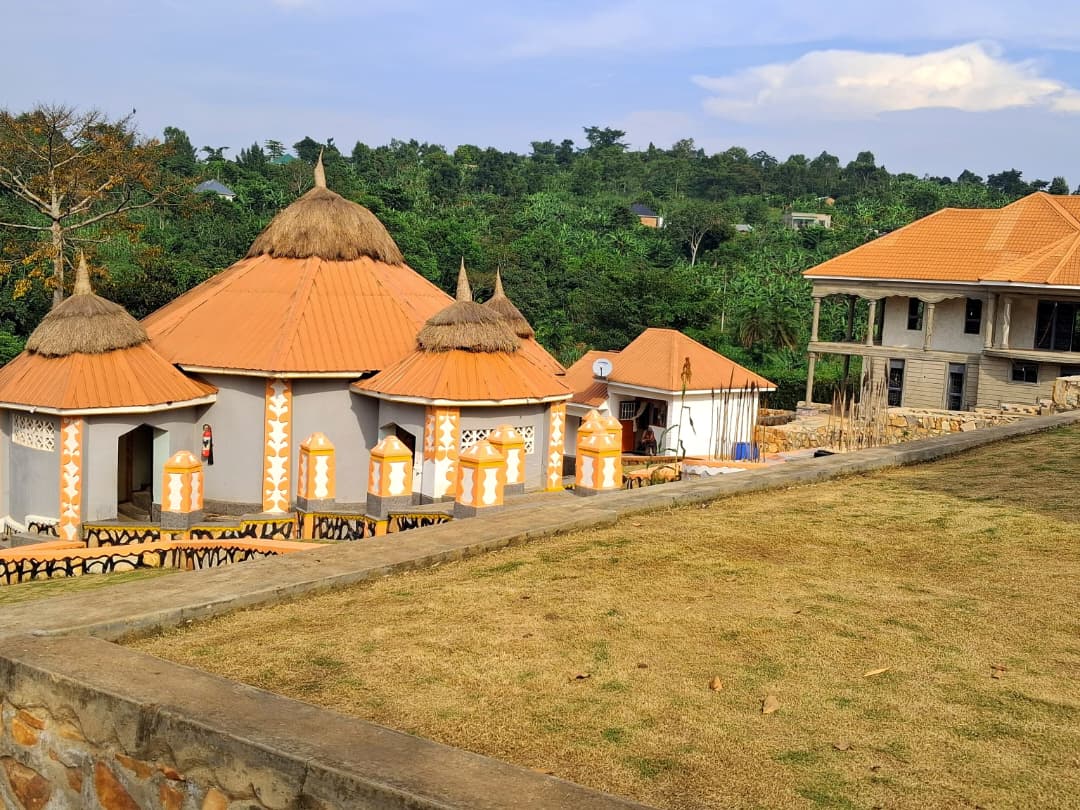
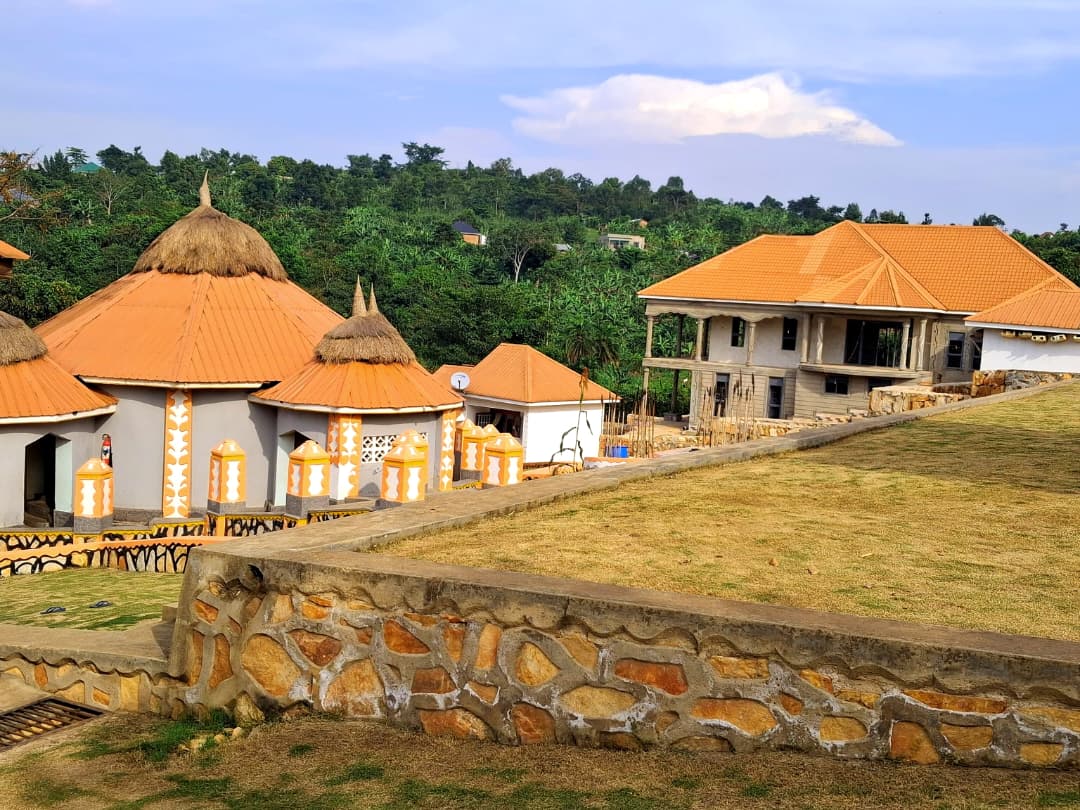
All believers, leaders, well-wishers, and communities are encouraged to attend and participate fully as we close the year in unity, thanksgiving, and renewed commitment to our faith.
Let this be a moment of spiritual reflection, celebration, and planning for a greater year ahead.
Ssalongo Lubanga Kabona Kazibwe
Chief Priest
Enzikiriza Yabadugavu Ababonesebwa Foundation Africa Faith
Ssababonesebwa W'enzikiriza Y'abadugavu Ababonesebwa Ssalongo Lubanga Kabona Kazibwe stands as our revered spiritual leader, dedicated to preserving the sacred traditions of African cultural faith. His wisdom and guidance have been instrumental in maintaining the authenticity of our ancestral practices.
Under his leadership, the foundation has grown into a beacon of hope for those seeking to reconnect with their African heritage. He conducts traditional ceremonies, provides spiritual guidance, and ensures that the sacred knowledge of our ancestors is passed down to future generations.
His commitment to community service extends beyond spiritual matters, as he actively participates in initiatives that support orphaned children, promote cultural education, and strengthen community bonds through traditional practices.
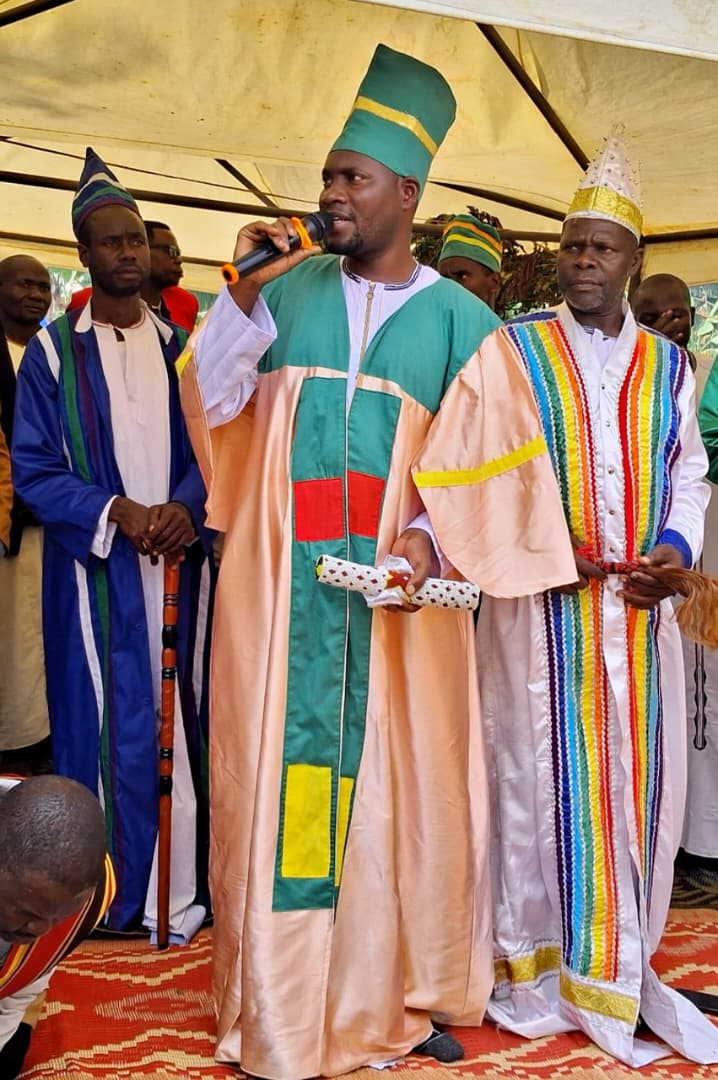
Leading sacred prayer gatherings and spiritual ceremonies
Conducting traditional leadership ceremonies
Blessing traditional marriage ceremonies
Supporting orphanage and community programs
Special Message
Enzikiriza Yabadugavu Ababonesebwa Foundation Africa Faith
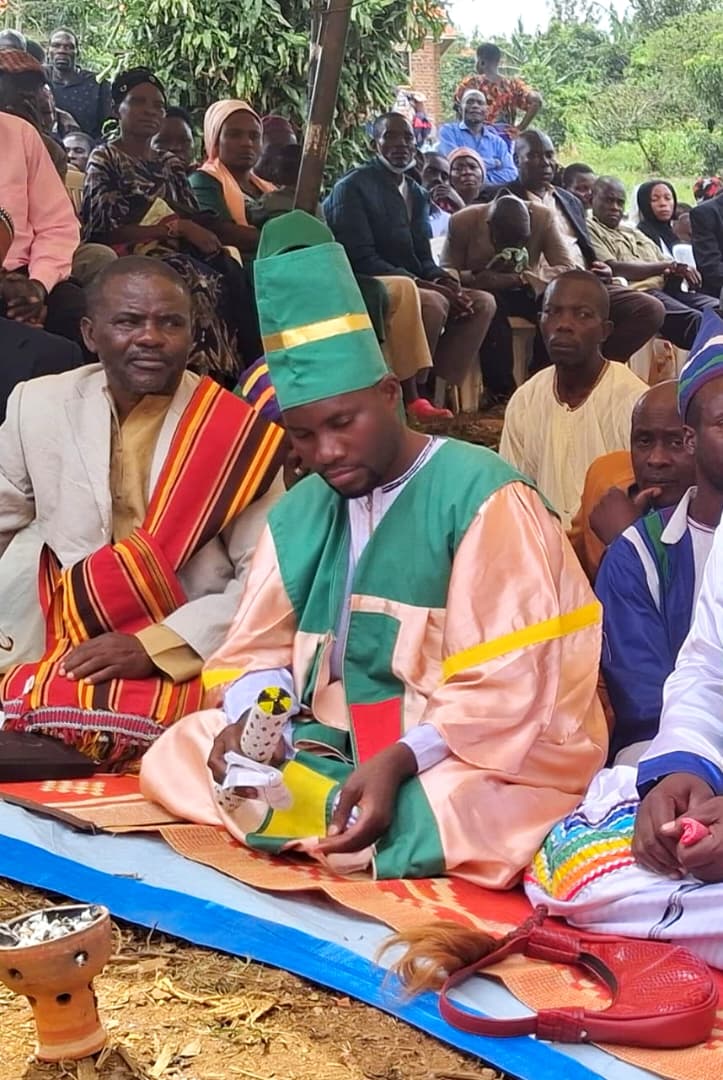

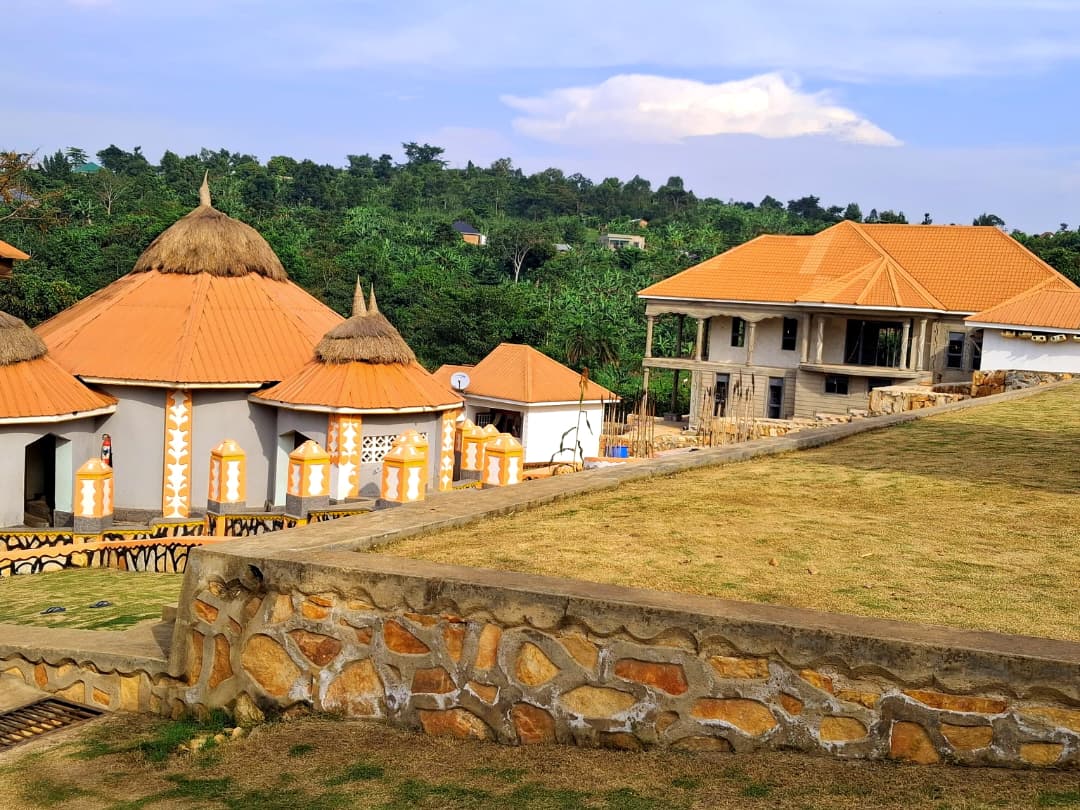
My dear believers, followers, and all members of the Enzikiriza Yabadugavu Ababonesebwa Faith,
I bring you warm greetings in the grace and mercy of the Almighty God. As your Chief Priest, it is my responsibility and honour to continually guide, remind, and strengthen our spiritual journey as a united faith family.
Today, I wish to reaffirm the core values, objectives, and spiritual pillars that define who we are and why we exist as a Faith.
We believe in living a life that honours God, free from corruption of the spirit and body, and committed to righteousness.
We stand as one family. Our strength comes from our togetherness, mutual support, and the love we share for one another.
Every believer is called to uphold truthfulness, honesty, and accountability in all actions—both inside and outside the Faith.
Respect for leadership, elders, and fellow believers is a foundation of our identity. Discipline guides our spiritual growth and daily conduct.
Our Faith is rooted in helping others, uplifting communities, and promoting good deeds without expecting reward.
We seek to raise spiritually mature believers who truly understand the power, presence, and love of God.
Our goal is to establish a family of believers who support one another in spiritual, social, and developmental matters.
Our teachings focus on turning believers into responsible citizens who contribute positively to society.
We aim to reach more communities, open more branches, and spread our message to all who seek spiritual guidance.
Every generation must produce disciplined and visionary leaders who will carry the Faith forward.
We prioritize health, education, charity work, community empowerment, and infrastructure that strengthens our mission.
Let every member remain committed to these values and objectives. Let them guide your actions, your service, and your devotion. Our Faith is growing, our mission is expanding, and our responsibilities are increasing. It is only through discipline, unity, and dedication that we shall continue to shine and fulfil the purpose God has set before us.
I call upon every believer to remain steadfast, humble, and prayerful. Let us continue walking in the light of God, building a strong foundation for our children and the generations to come.
May God bless you, strengthen you, and guide you always.
Ssalongo Lubanga Kabona Kazibwe
Chief Priest
Enzikiriza Yabadugavu Ababonesebwa Foundation Africa Faith
Rooted in ancient wisdom, dedicated to modern service
ENZIKIRIZA Y'ABADUGAVU ABABONESEBWA FOUNDATION (The African Traditional faith) is an initiative for Africans with the mandate to preserve and promote their African traditional beliefs that existed way back before the coming of other indigenous religions.
Under the spiritual guidance of our esteemed leader, Ssababonesebwa W'enzikiriza Y'abadugavu Ababonesebwa Ssalongo Lubanga Kabona Kazibwe, we maintain the ancient traditions that connect us to our roots while addressing the contemporary needs of our people.
Based in Nansomba, Wakiso District, Uganda, our foundation serves as a sanctuary for those seeking spiritual renewal, cultural connection, and community support.
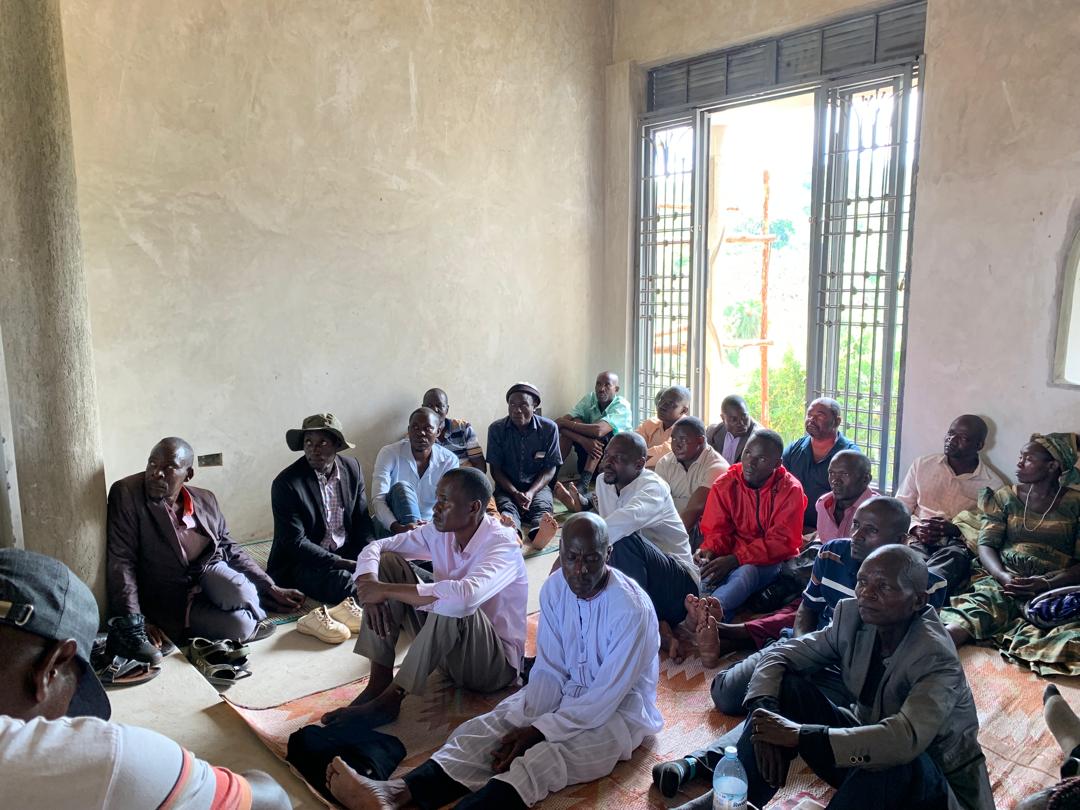
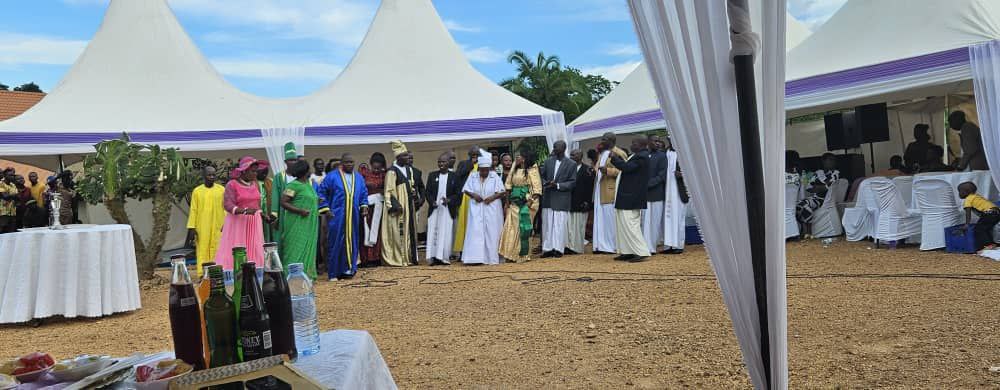

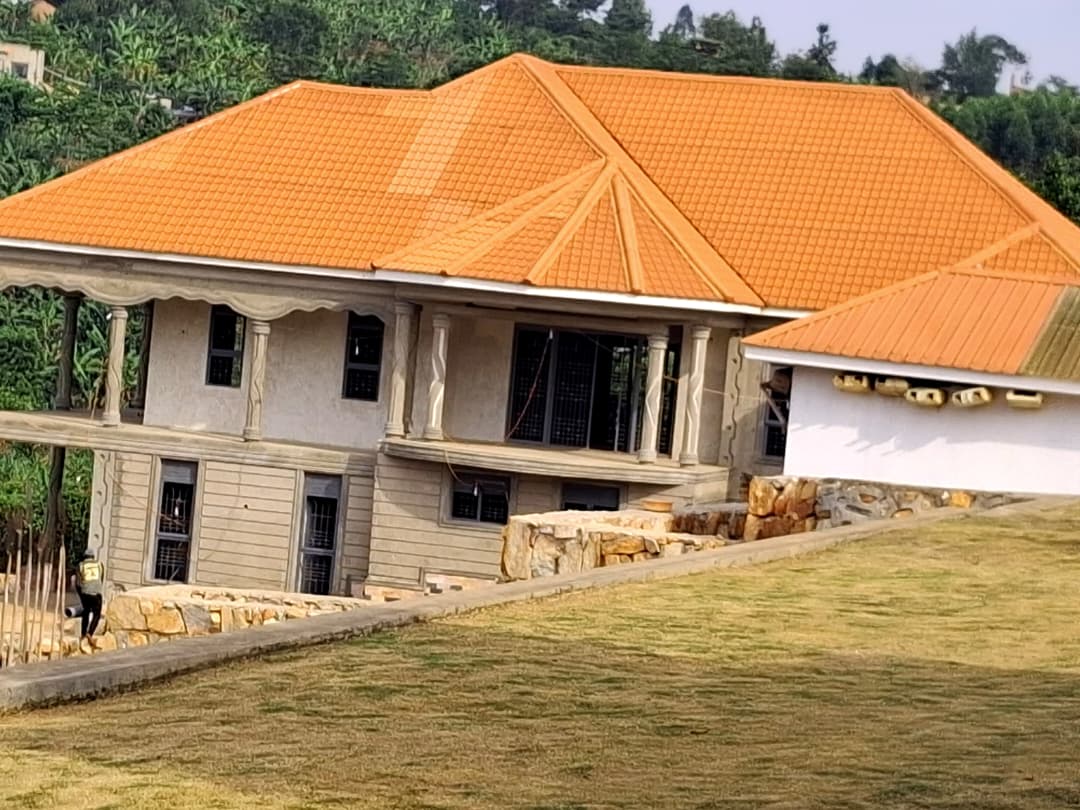
Take a virtual tour of our sacred headquarters in Nansomba, Wakiso District
Virtual tour of our foundation headquarters
Serving our community with unconditional love and deep compassion for all who seek our guidance.
Preserving and teaching the sacred knowledge passed down through generations of spiritual leaders.
Dedicated to uplifting our community through various humanitarian and spiritual programs.
Our faith and traditions have been featured across Uganda's leading television and radio stations


















Our message of traditional African spirituality and cultural preservation has reached thousands through television programs, radio shows, and documentaries across Uganda's major media networks.
Witness the beauty of our traditional ceremonies and community gatherings that preserve African cultural heritage



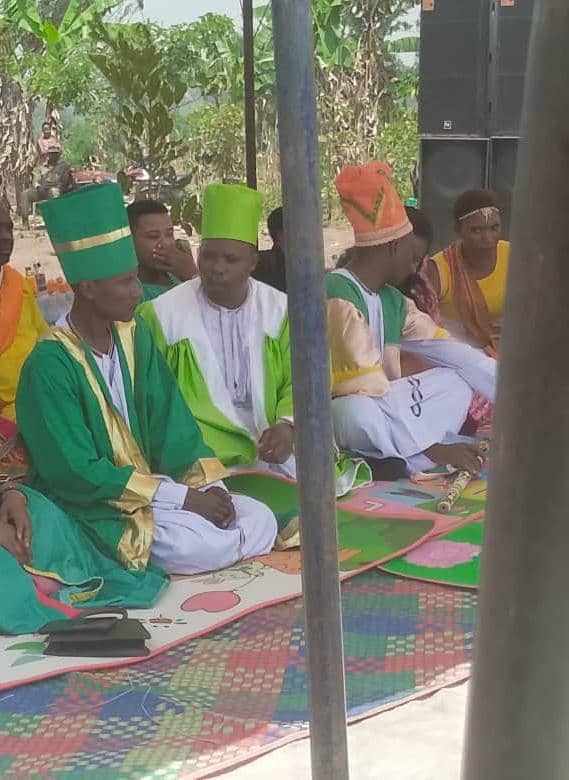
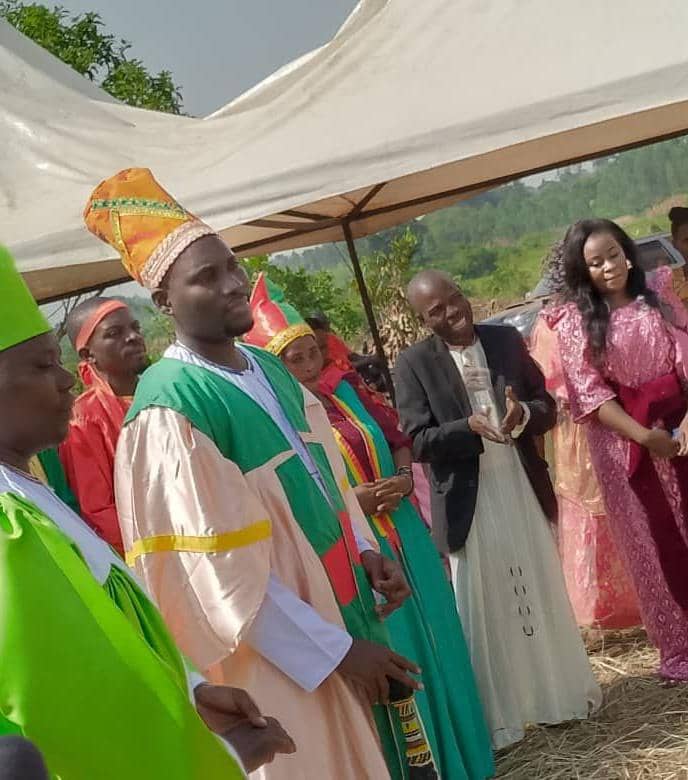

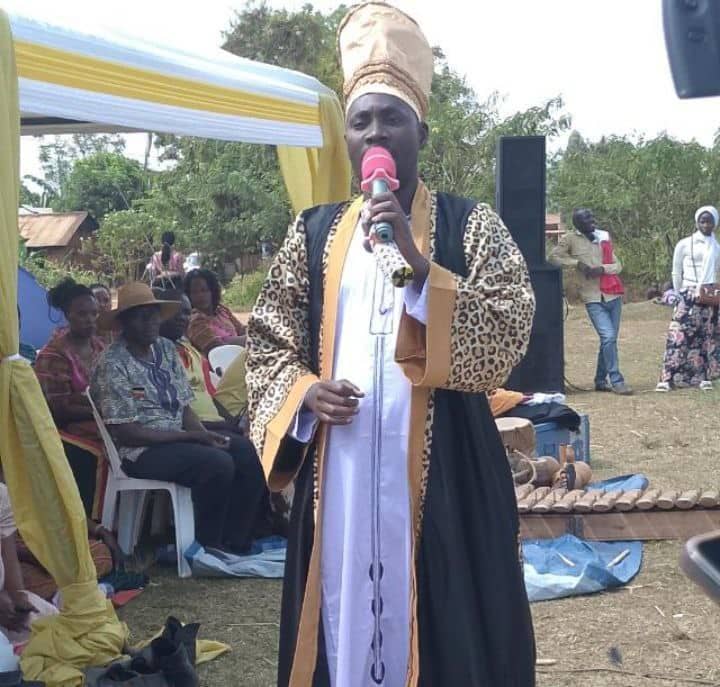
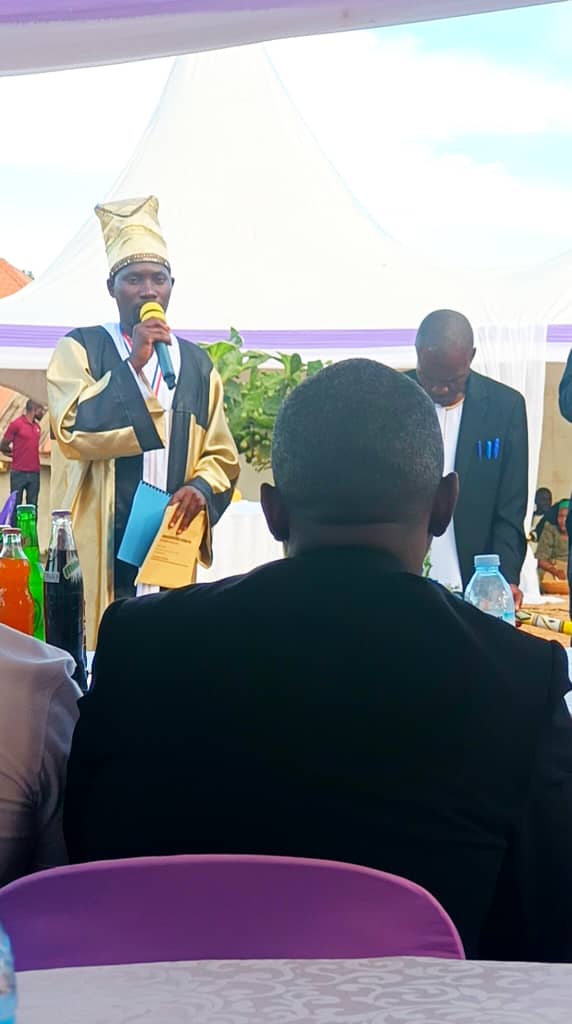
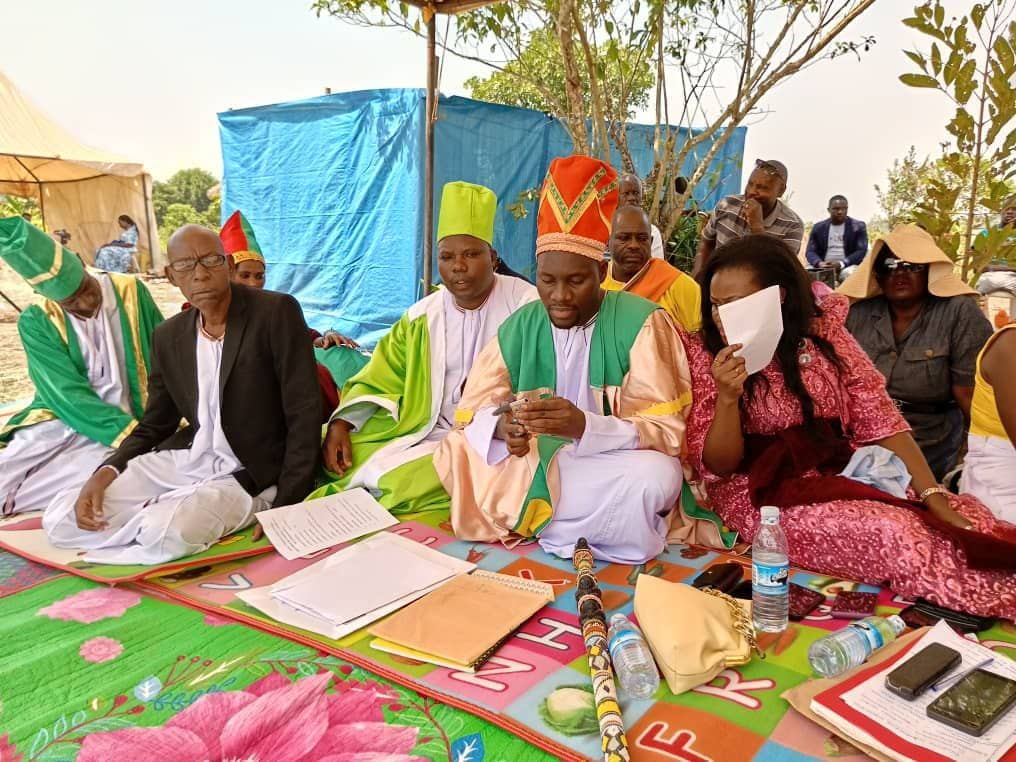













Regular spiritual gatherings that bring our community together in traditional prayer and meditation.
Monthly assemblies with faith leaders to discuss community matters and spiritual guidance.
Special occasions to express gratitude and celebrate community achievements and blessings.
Comprehensive services rooted in African traditional faith, serving our community with love and wisdom

Sacred ceremonies connecting communities with ancestral wisdom and spiritual guidance.

Traditional ceremonies honoring sacred bonds while celebrating cultural heritage.

Traditional leadership ceremonies conducted with ancient protocols and spiritual guidance.

Comprehensive support providing shelter, education, and spiritual guidance for orphaned children.
Preview of our future orphanage facilities and our commitment to caring for orphaned children
Preview of our orphanage vision and facilities
Experience the sacred traditions and spiritual practices that preserve our ancestral heritage
Sacred traditions of the Enyanja Ey'omukisa (Blessed Lake) preserving our ancestral wisdom
Subscribe to our YouTube channel for more videos of our traditional ceremonies, spiritual guidance, and community activities.
Through dedication and community support, we continue to make a meaningful difference
Prayer Ceremonies
Sacred Weddings
Children Supported
Lives Touched
We welcome you to reach out for spiritual guidance, program information, or to join our sacred community
Visit our foundation headquarters in Nansomba, Wakiso District, Uganda
📍 Nansomba, Wakiso District, Uganda
Get DirectionsYour generosity helps us preserve African traditional cultural faith and support our community programs
Your generous support helps us preserve African traditional cultural faith and care for our community. Every contribution, regardless of size, makes a meaningful difference in the lives of those we serve.
To make a donation or learn about specific needs, please contact us directly through any of the following methods:
We will work with you to determine the best way to support our specific programs and needs.